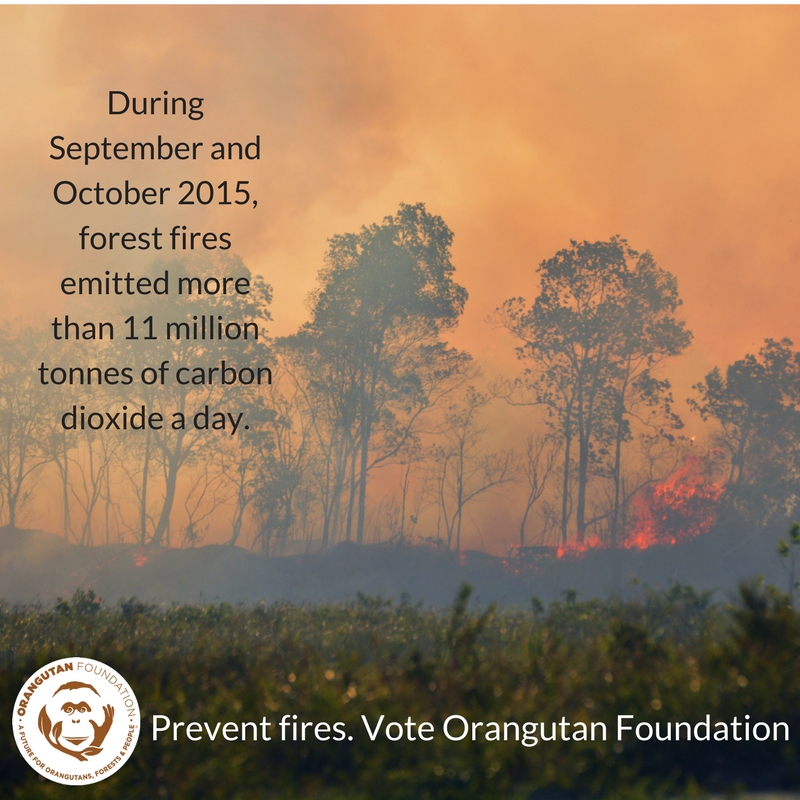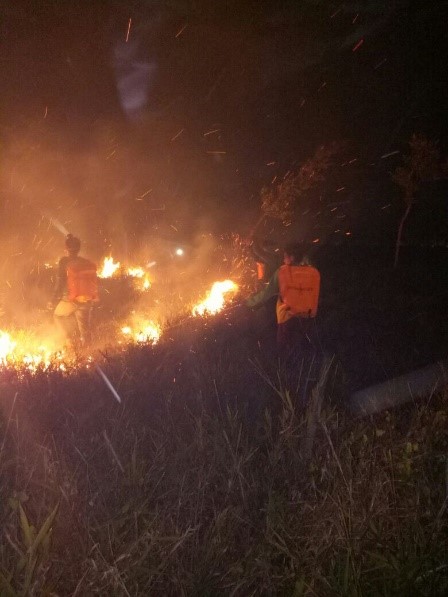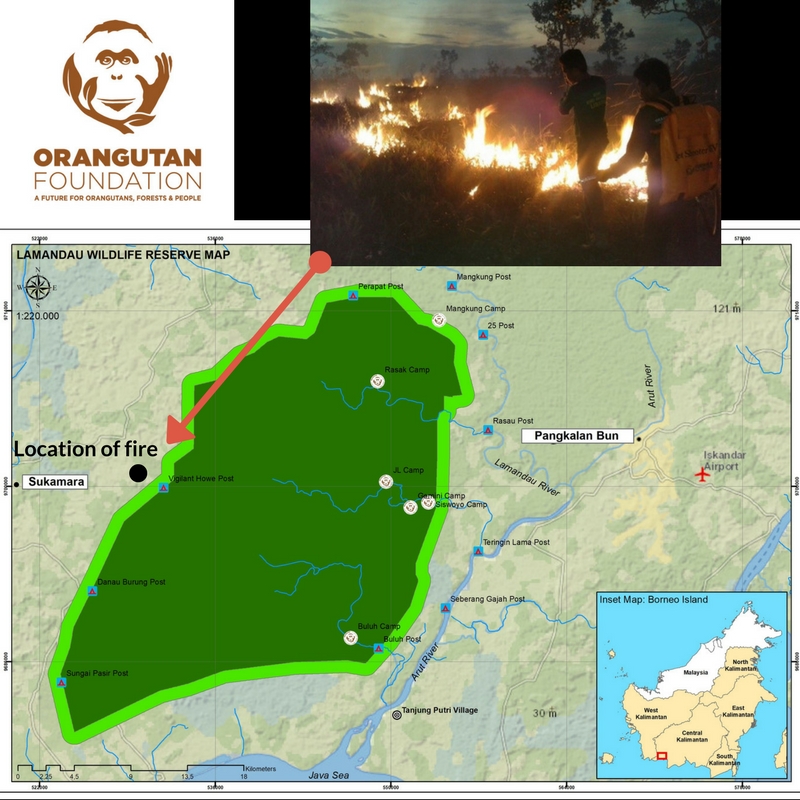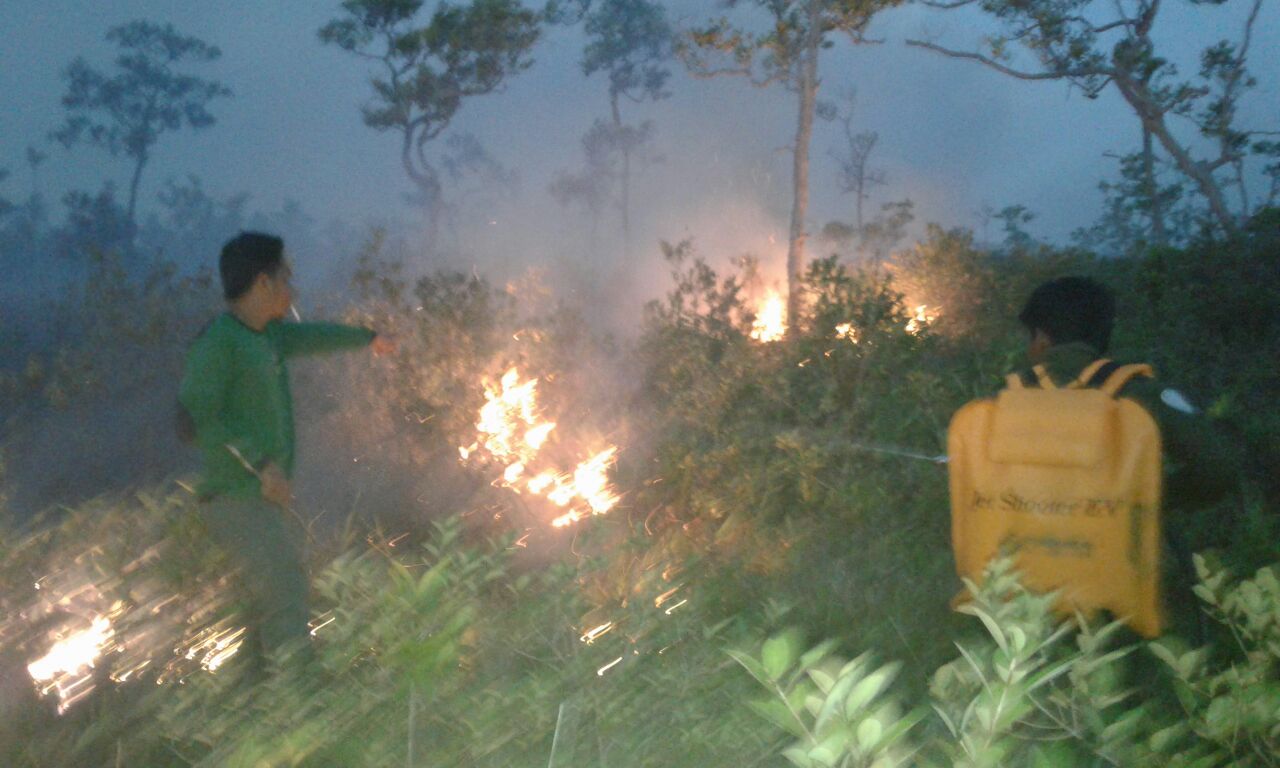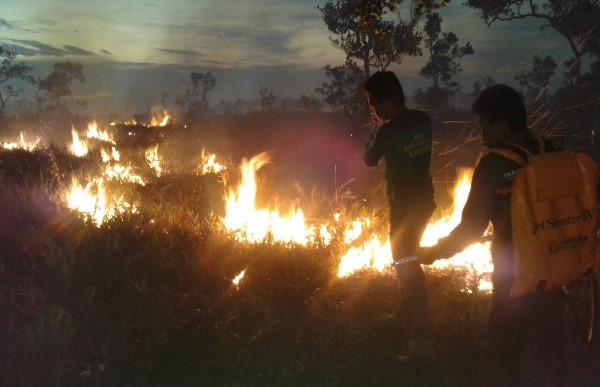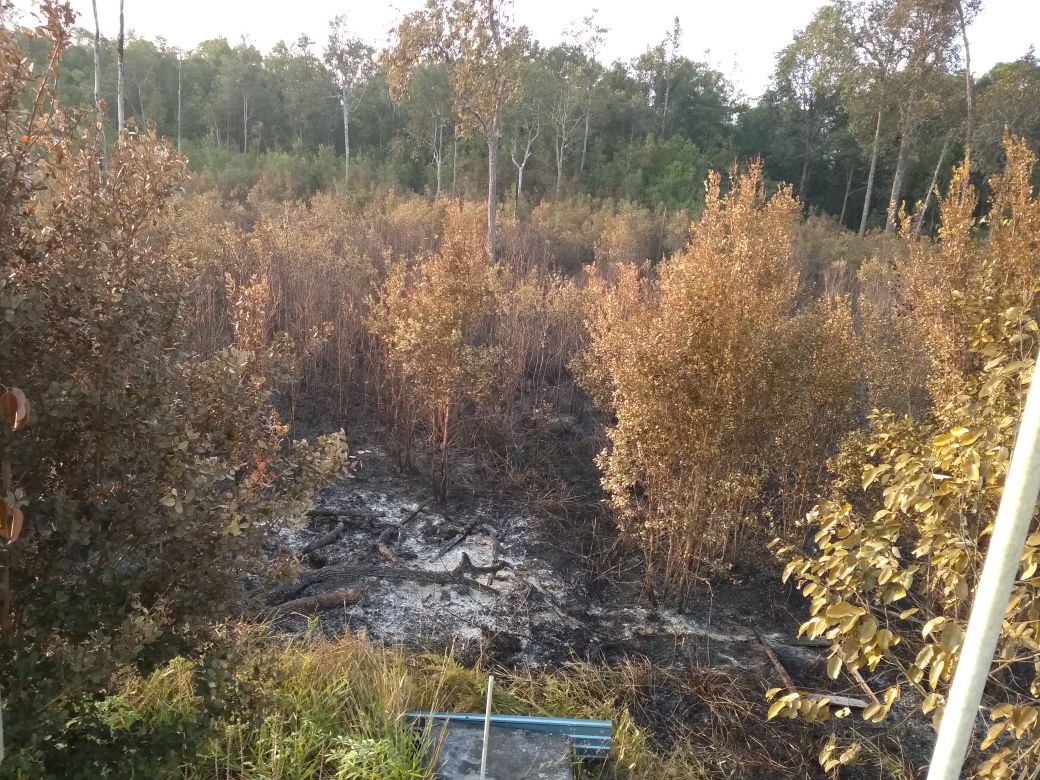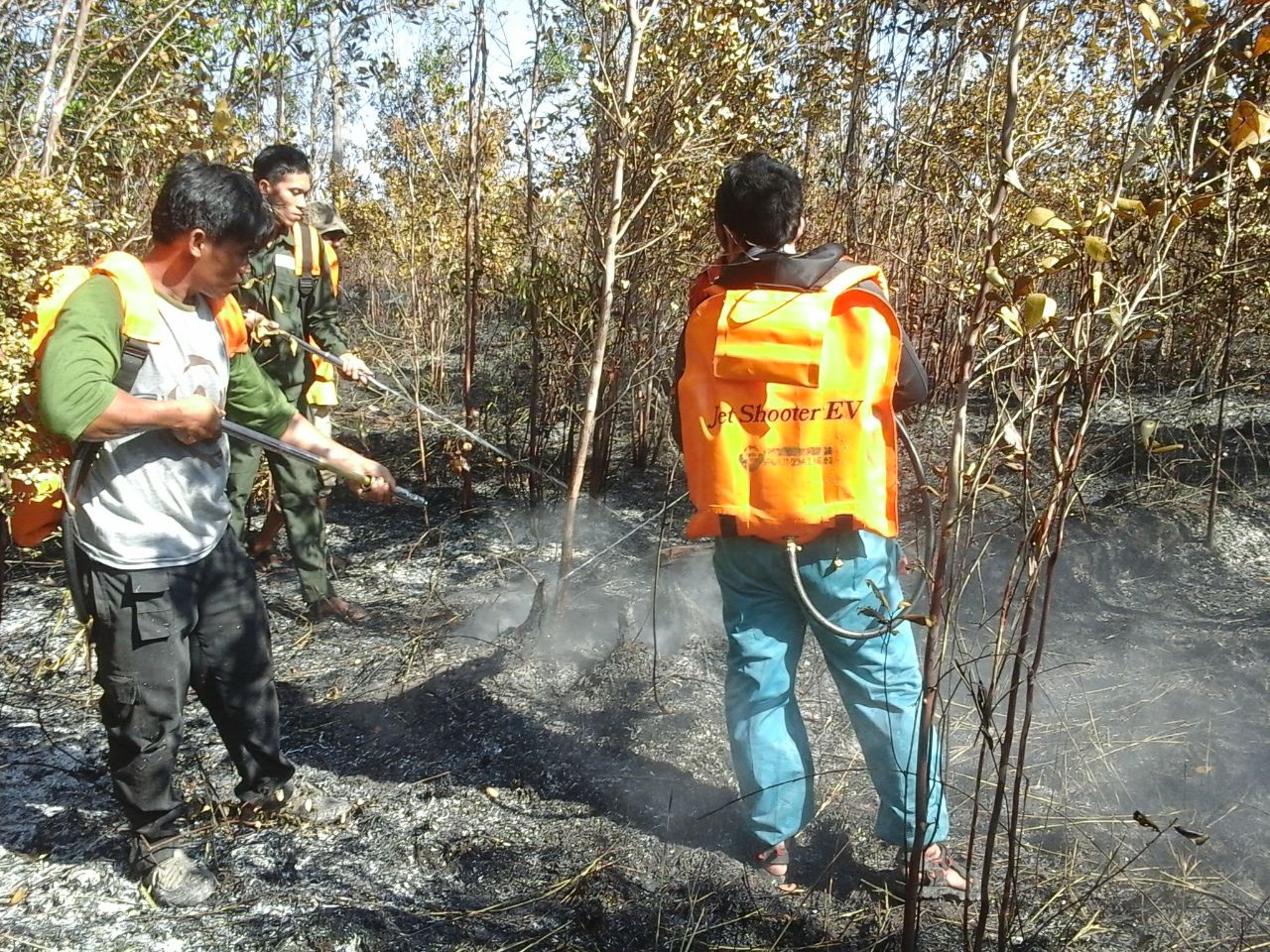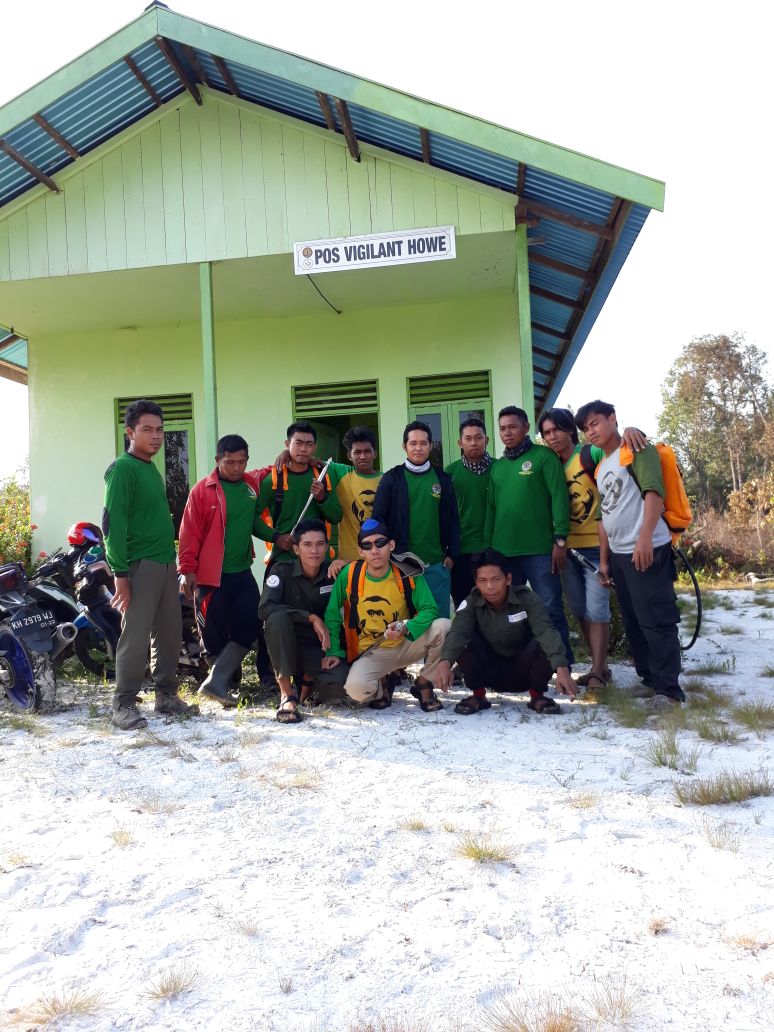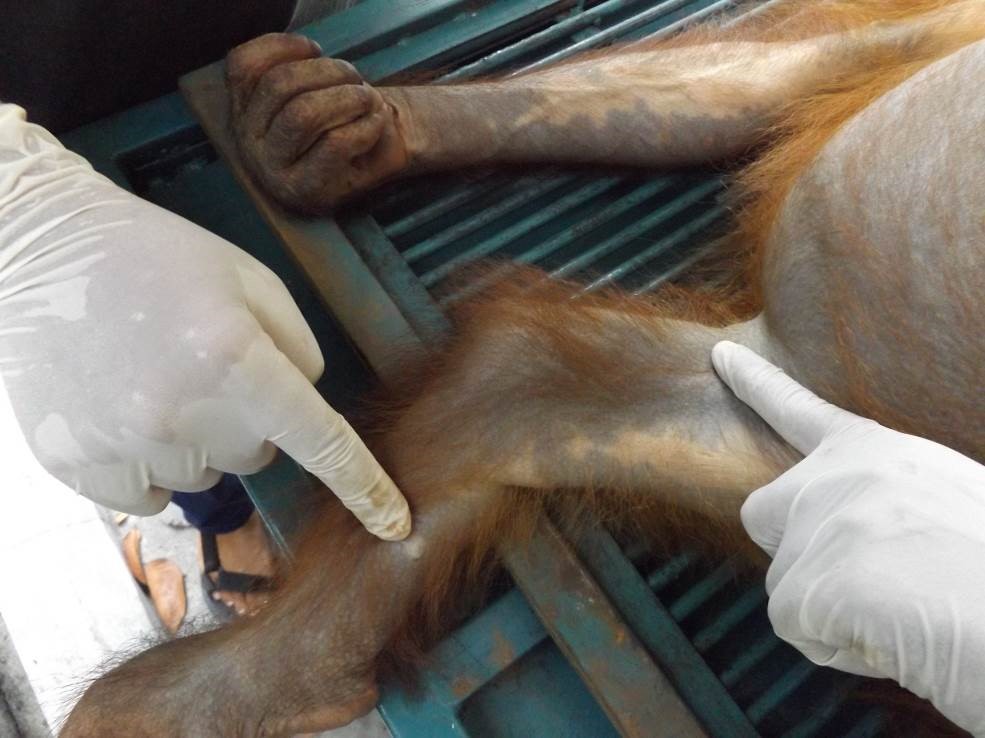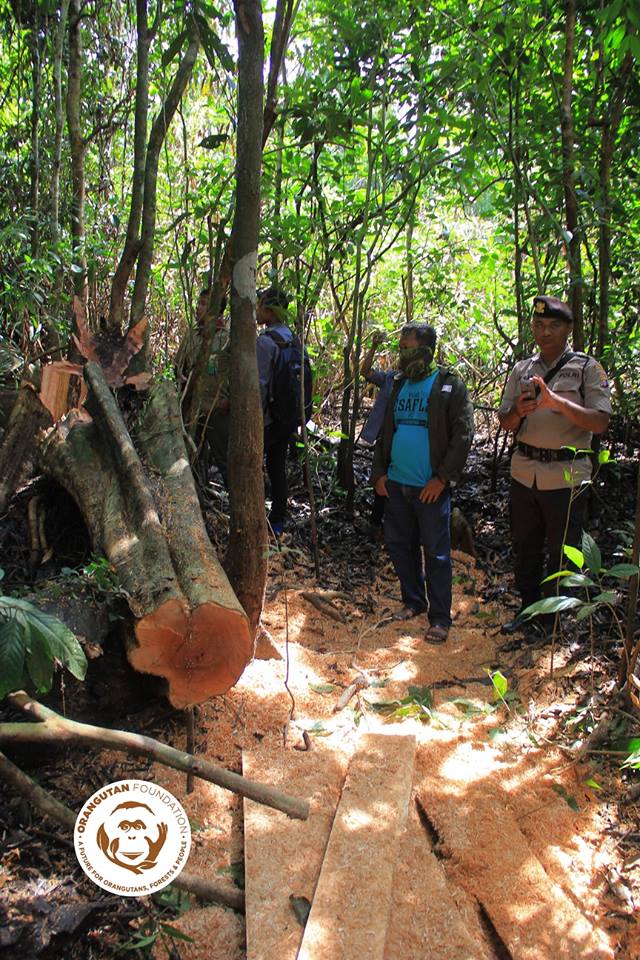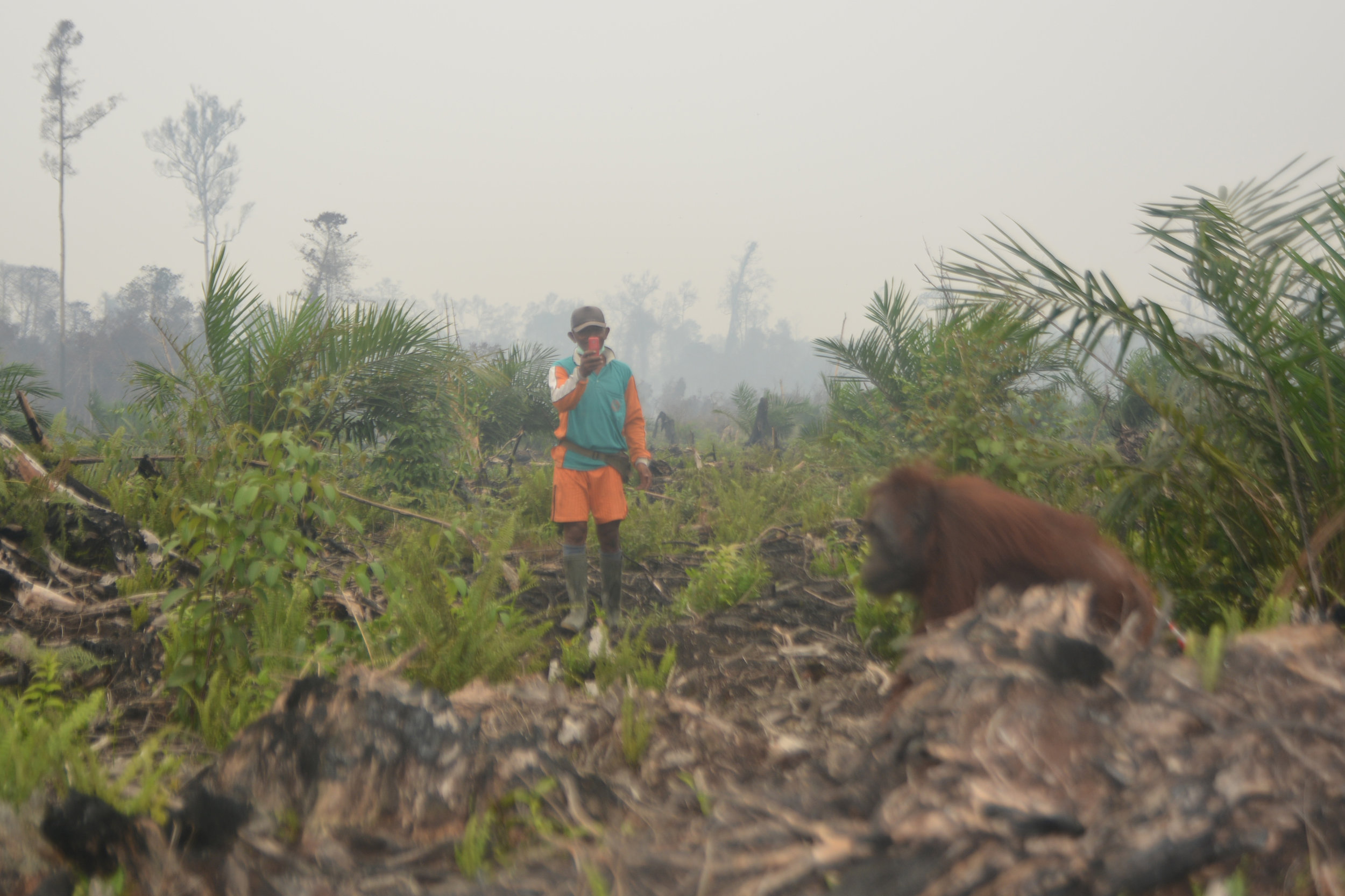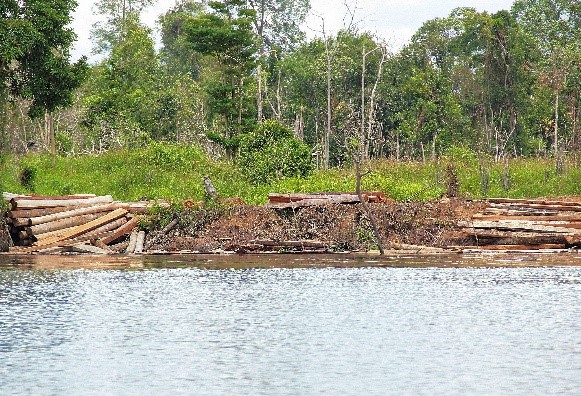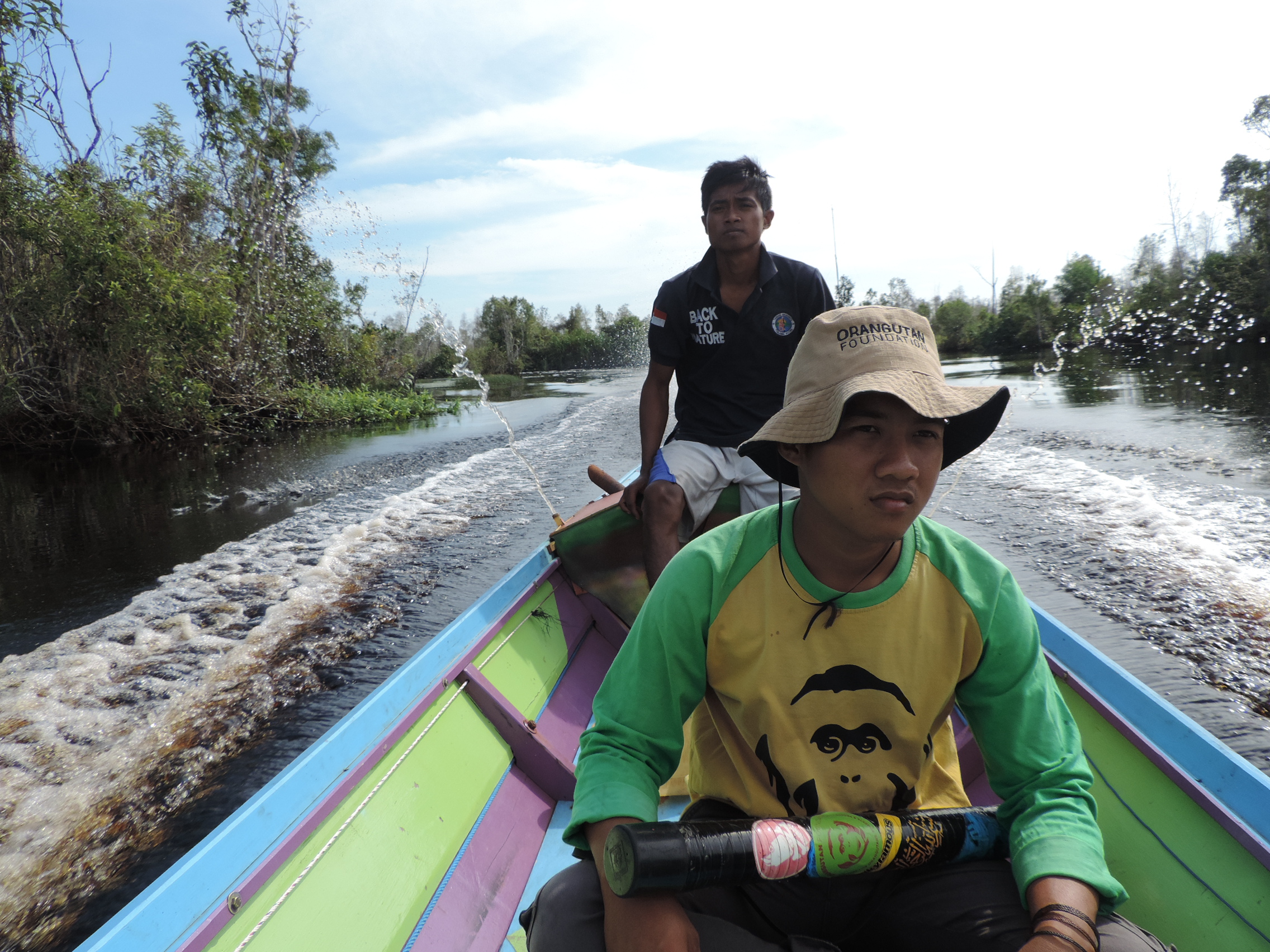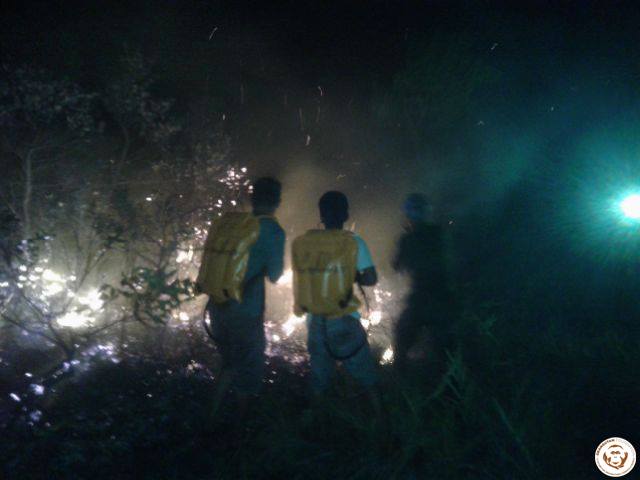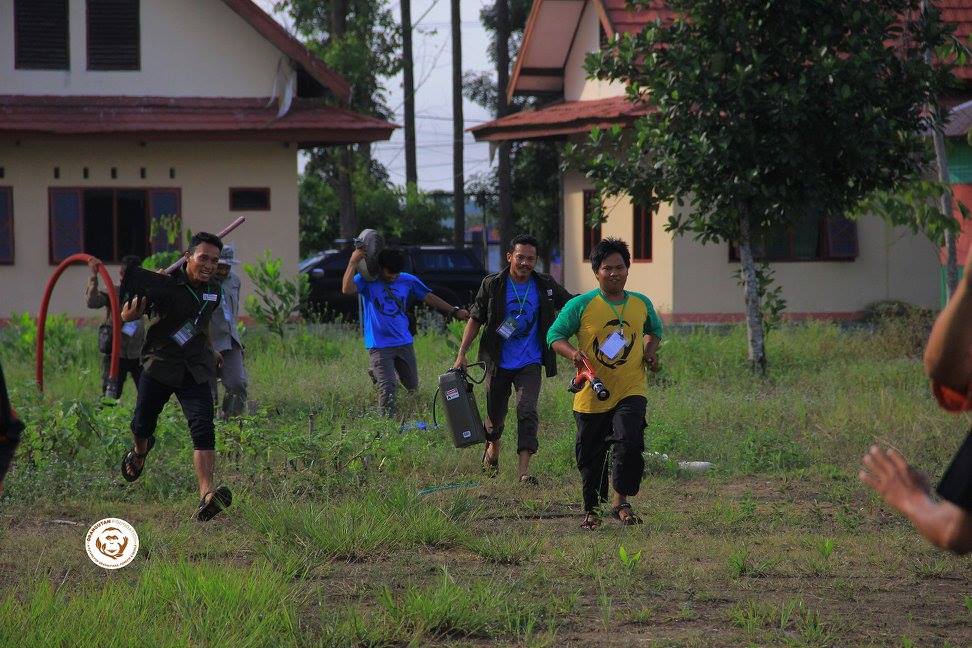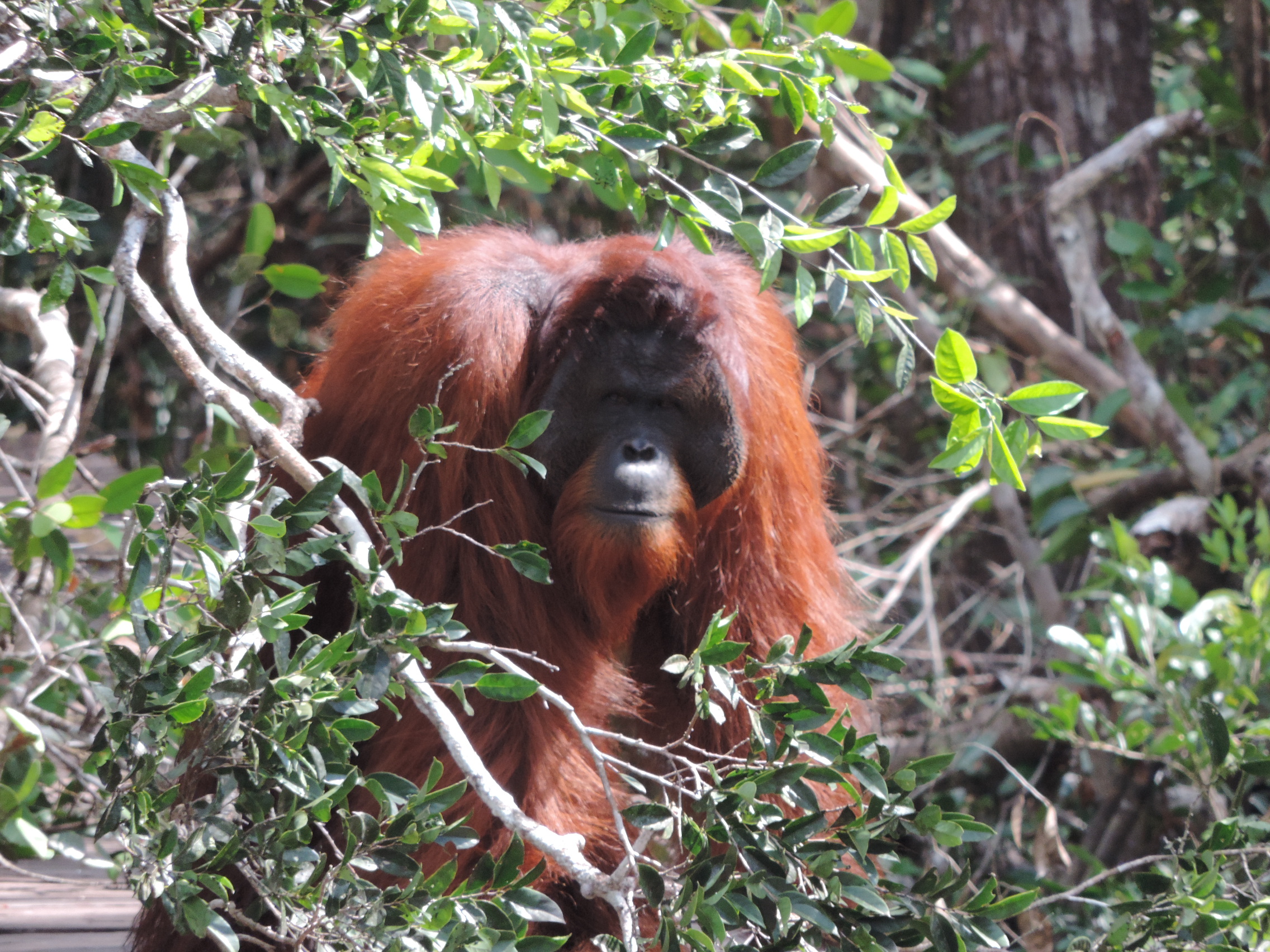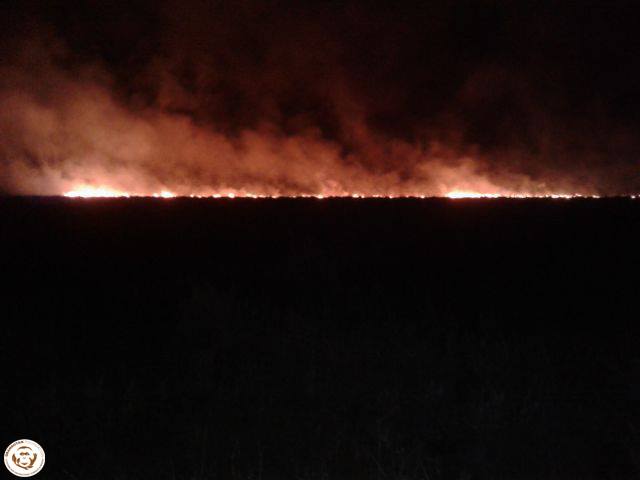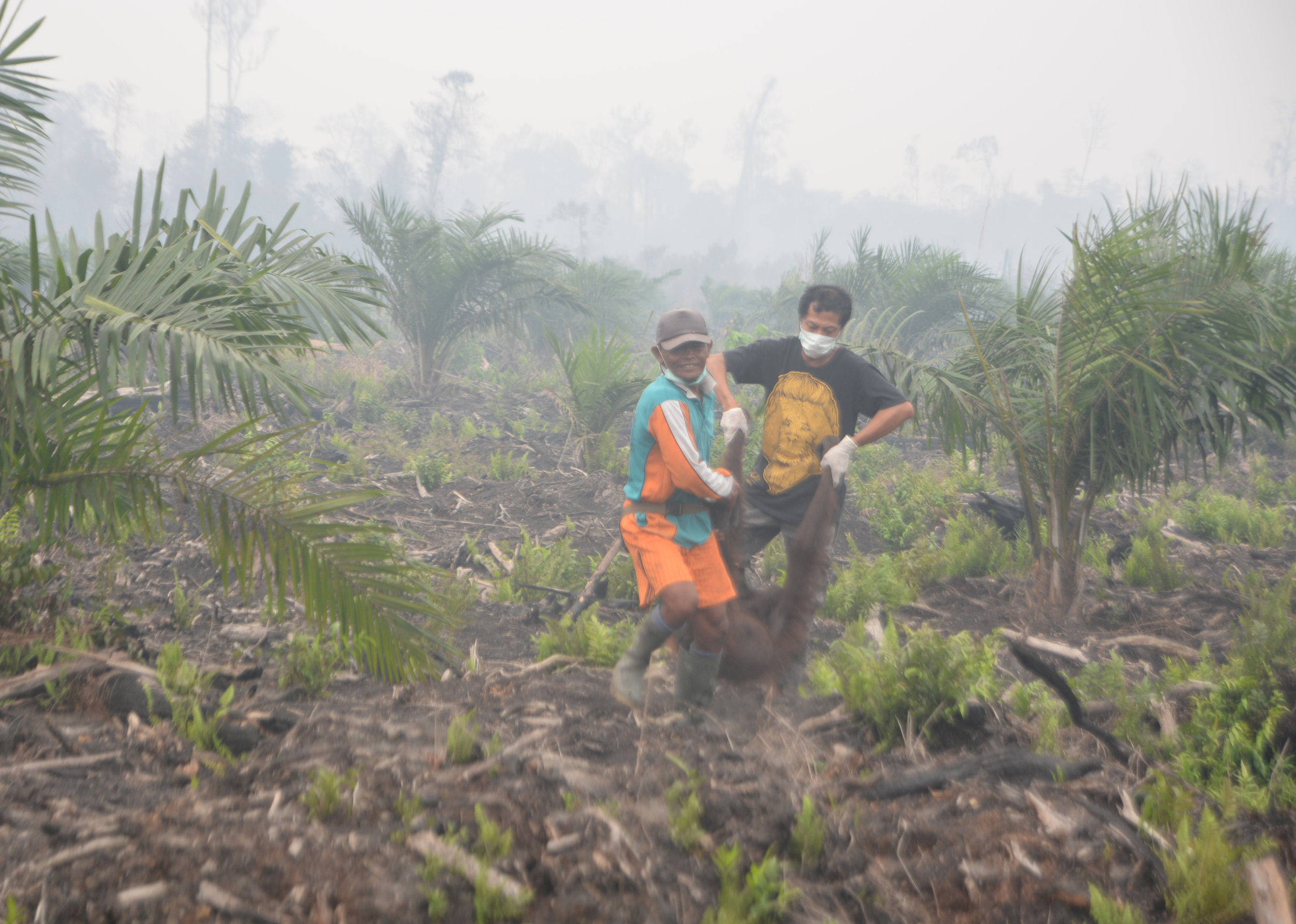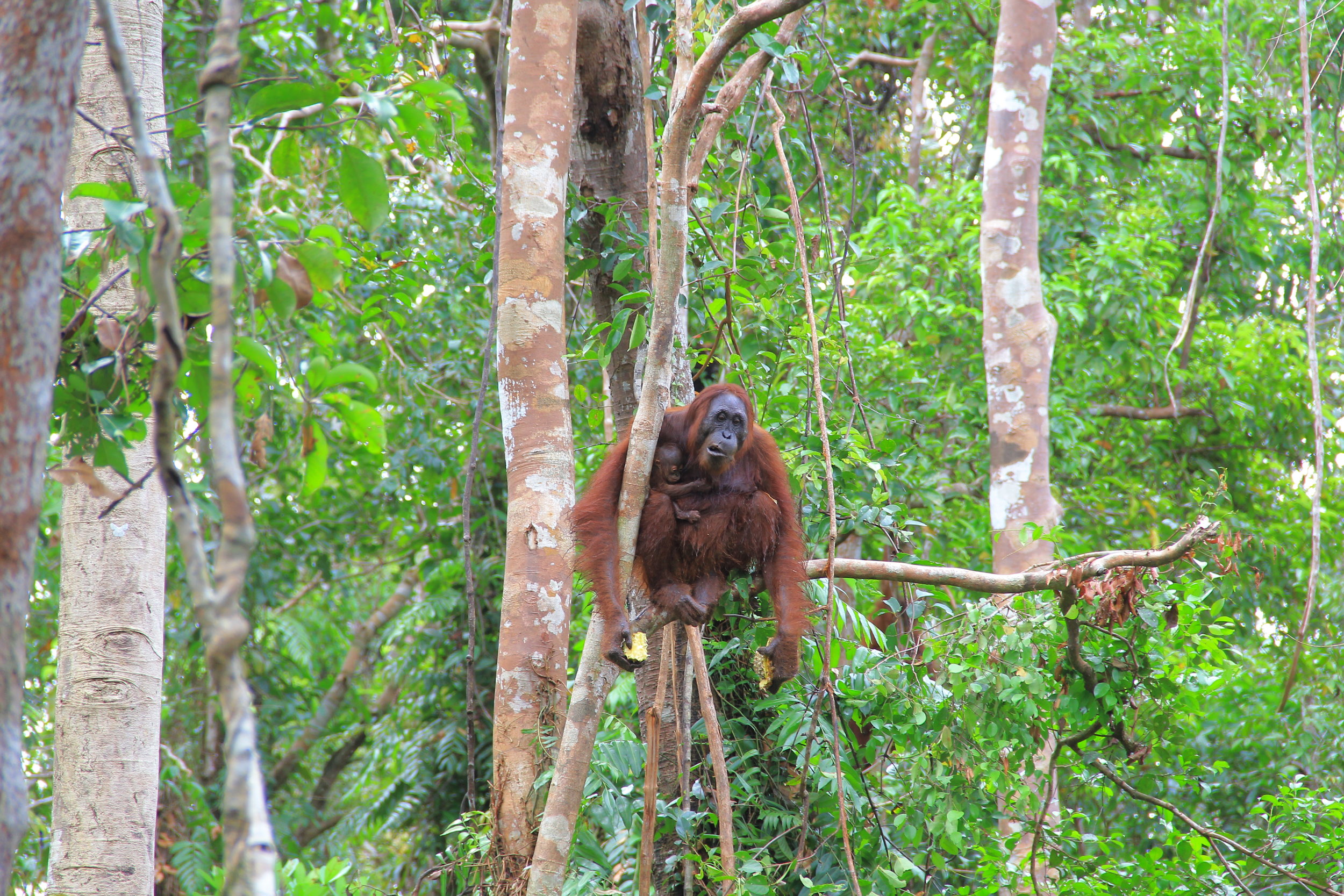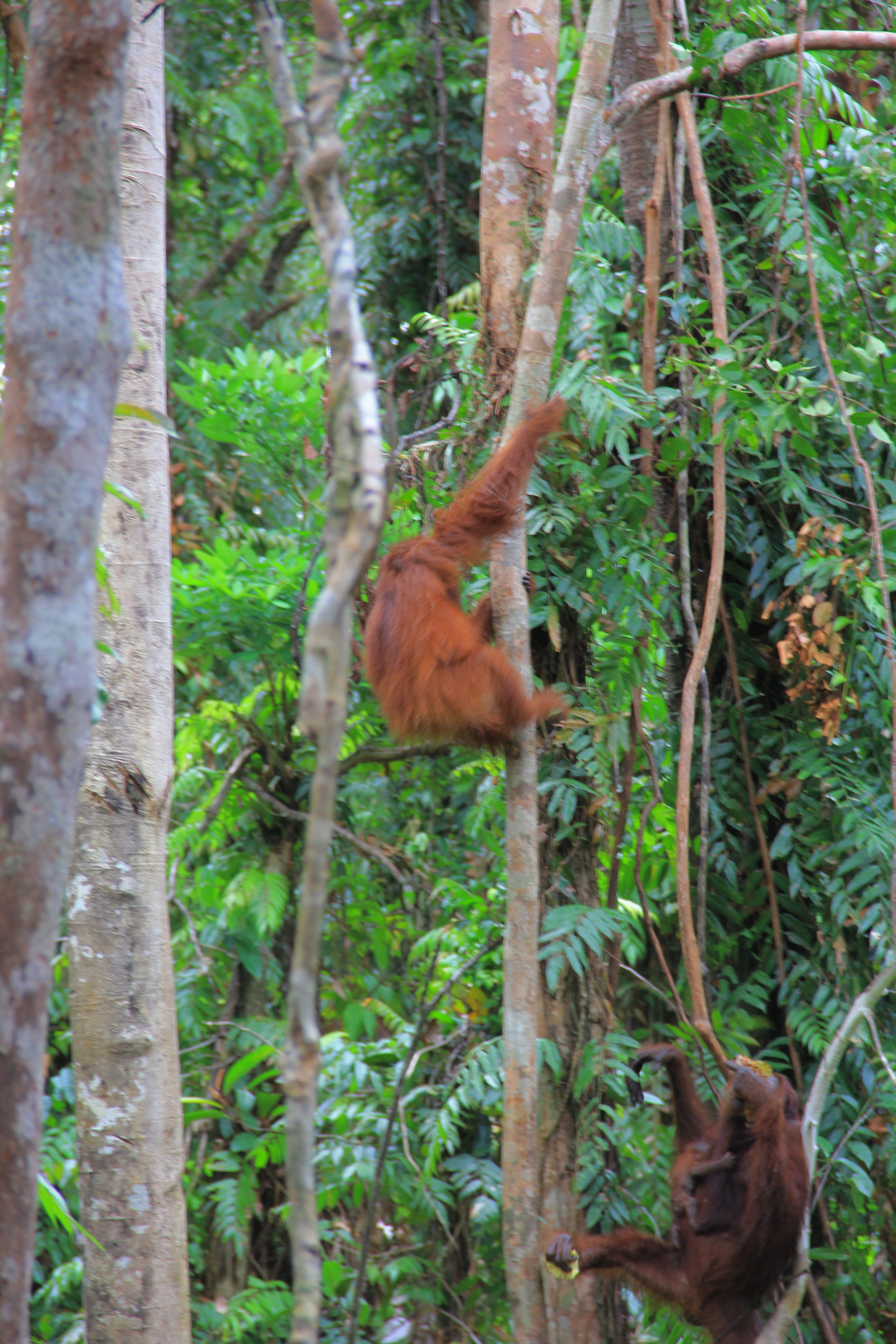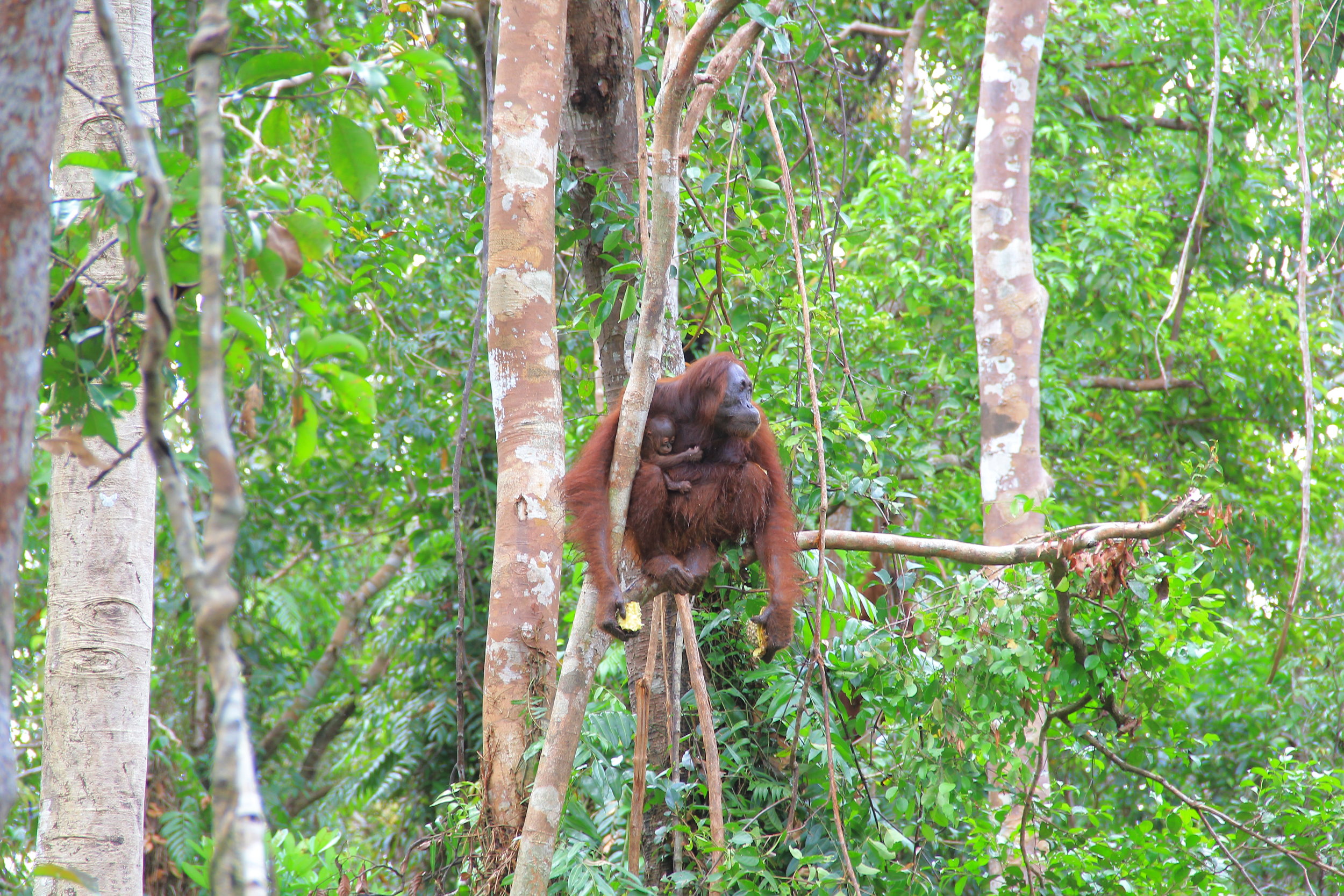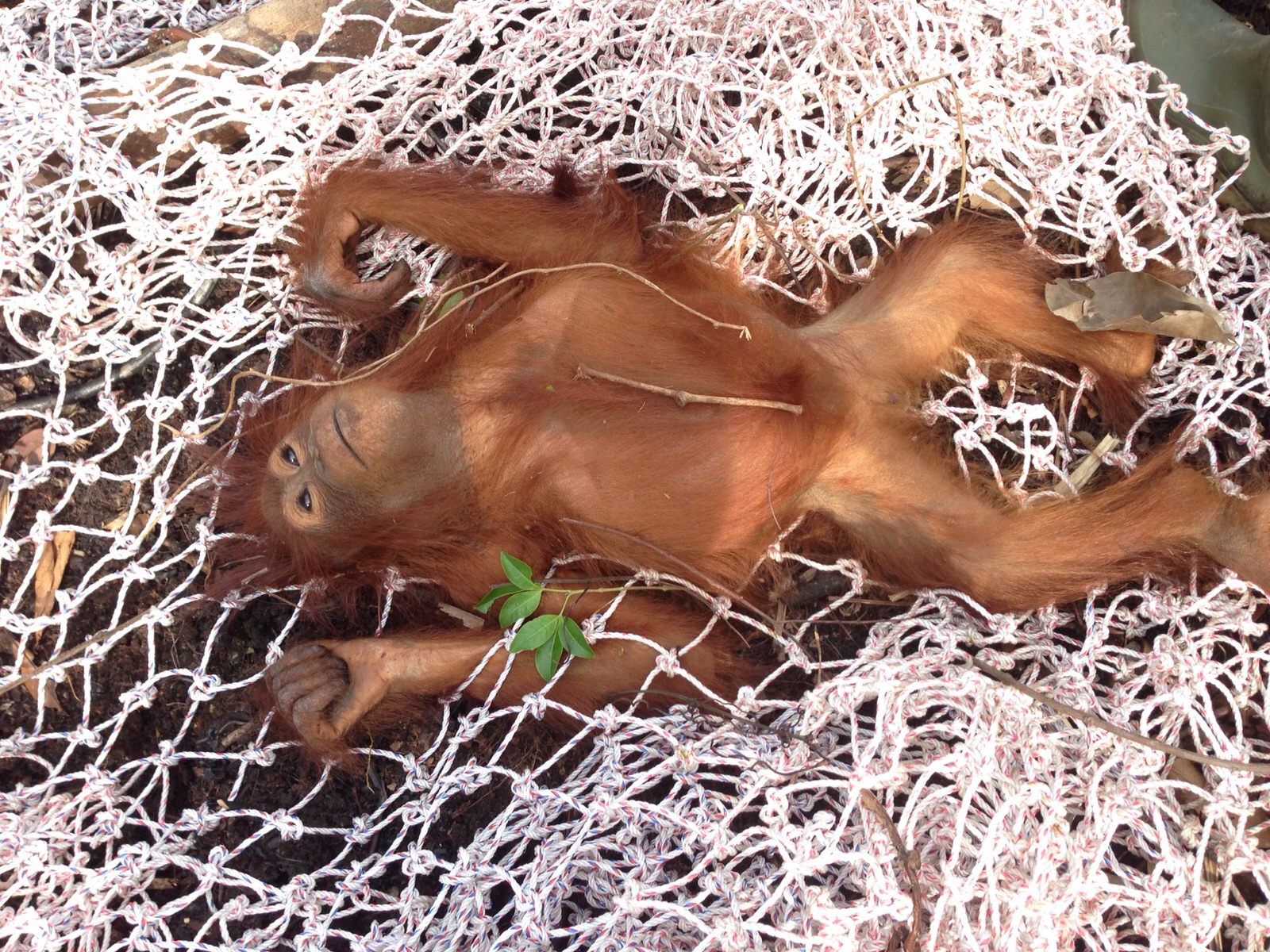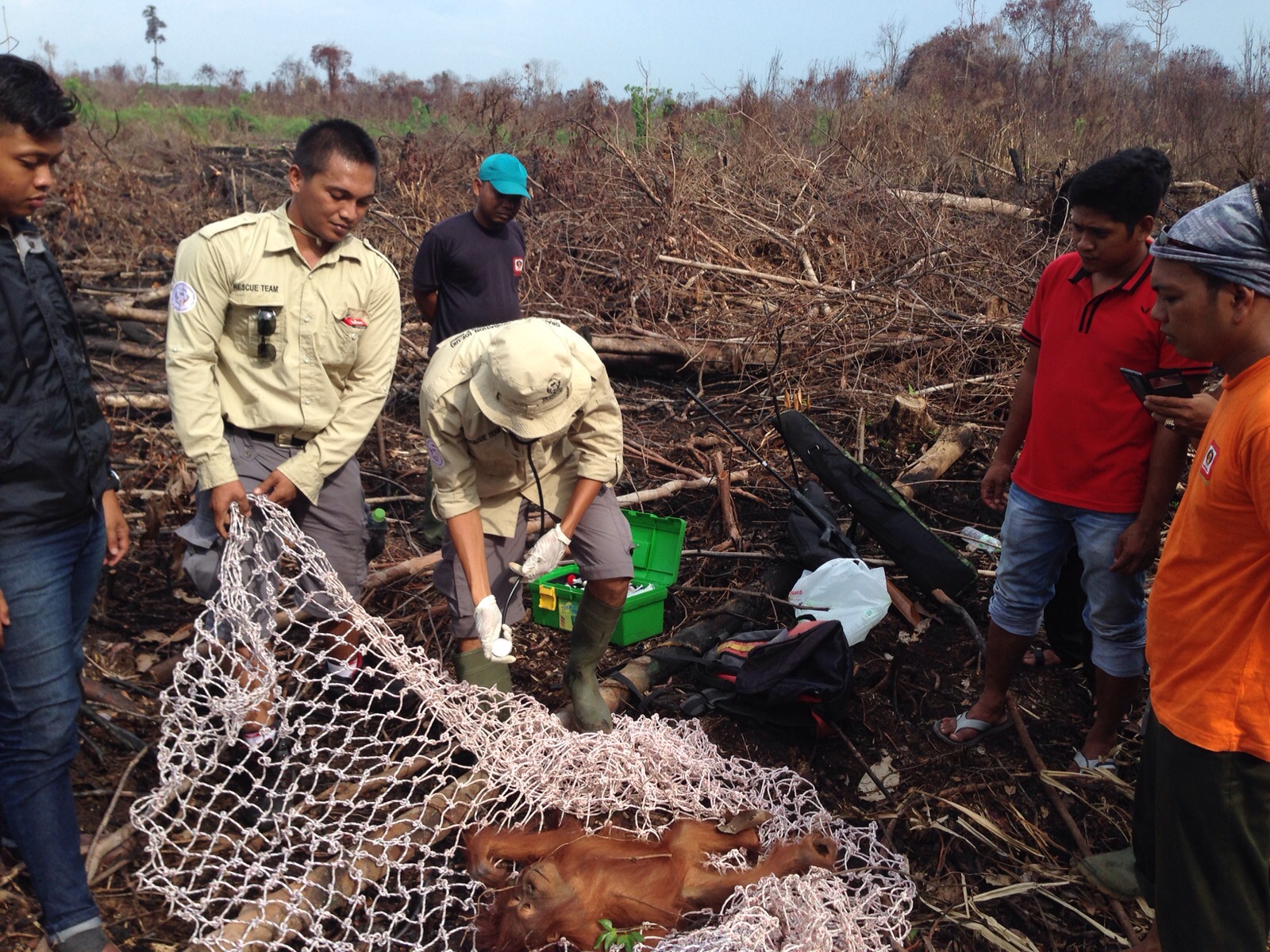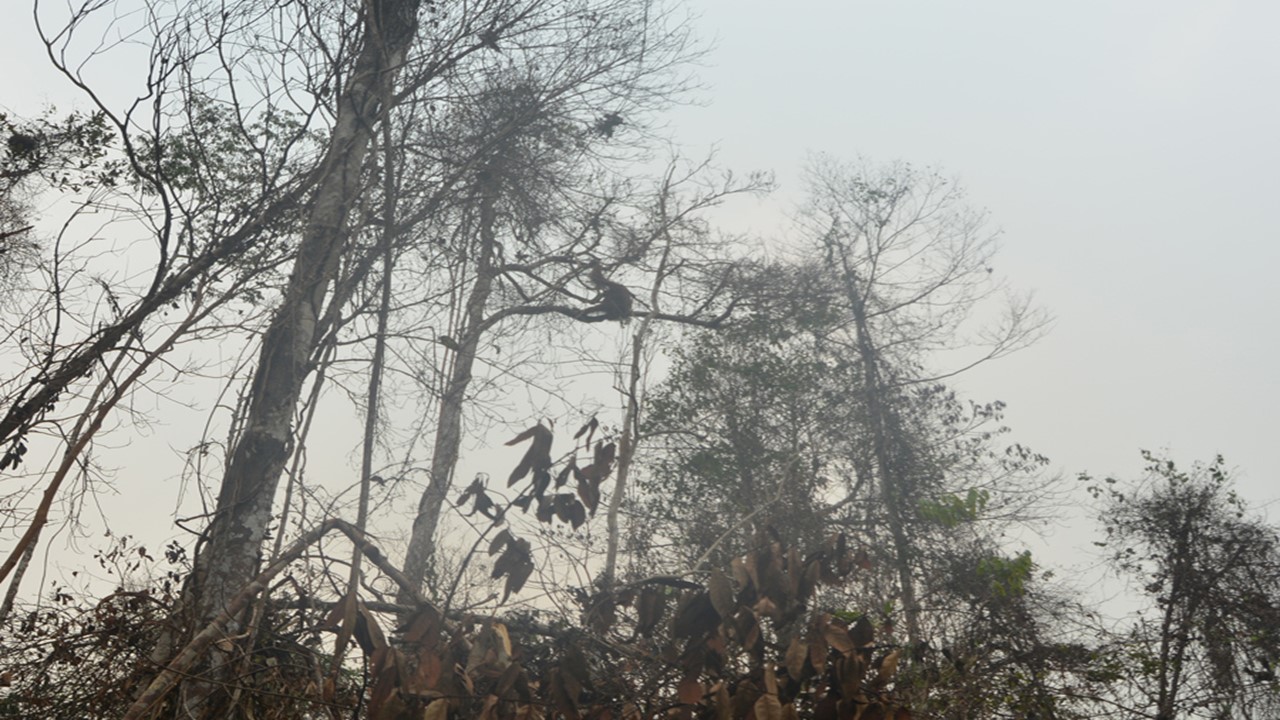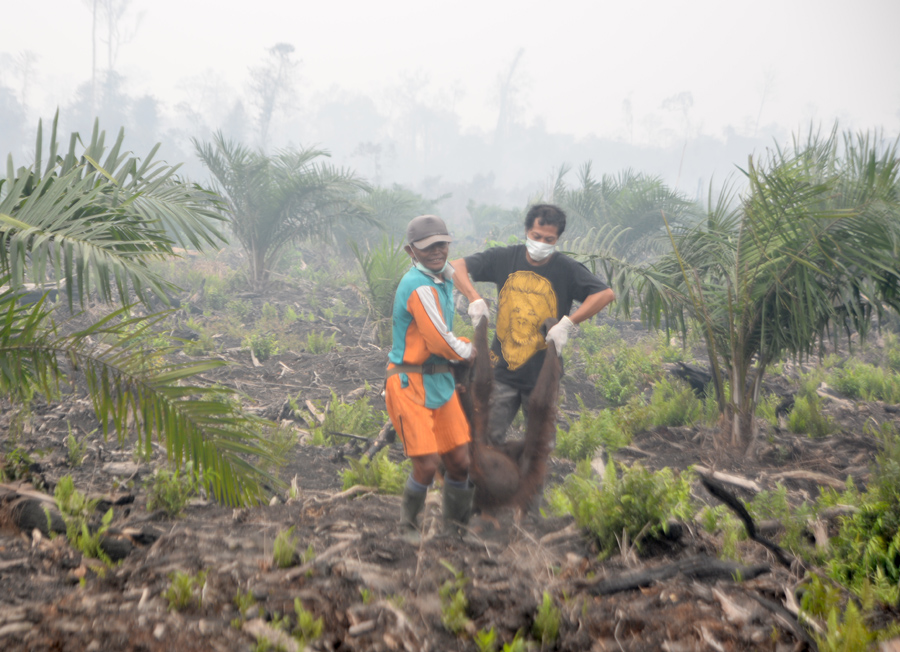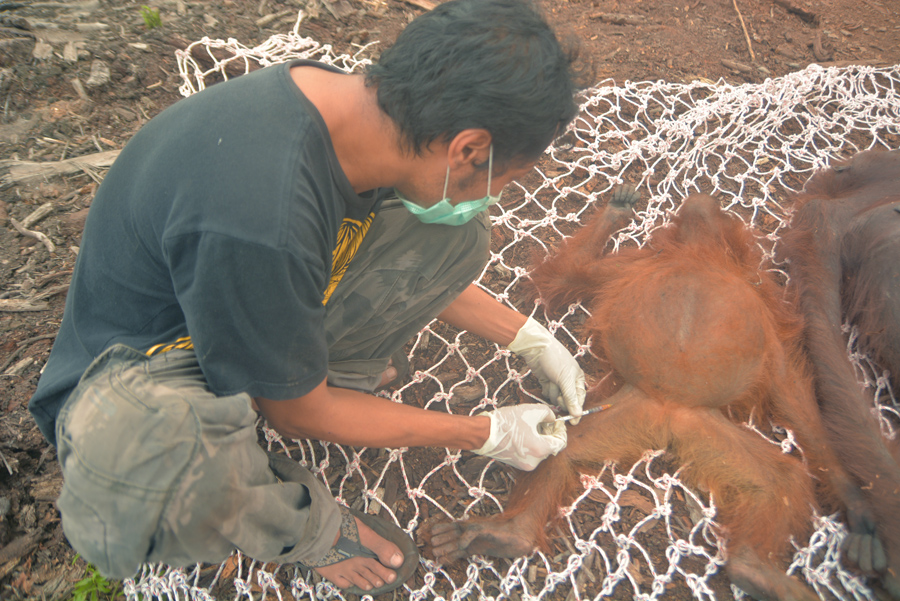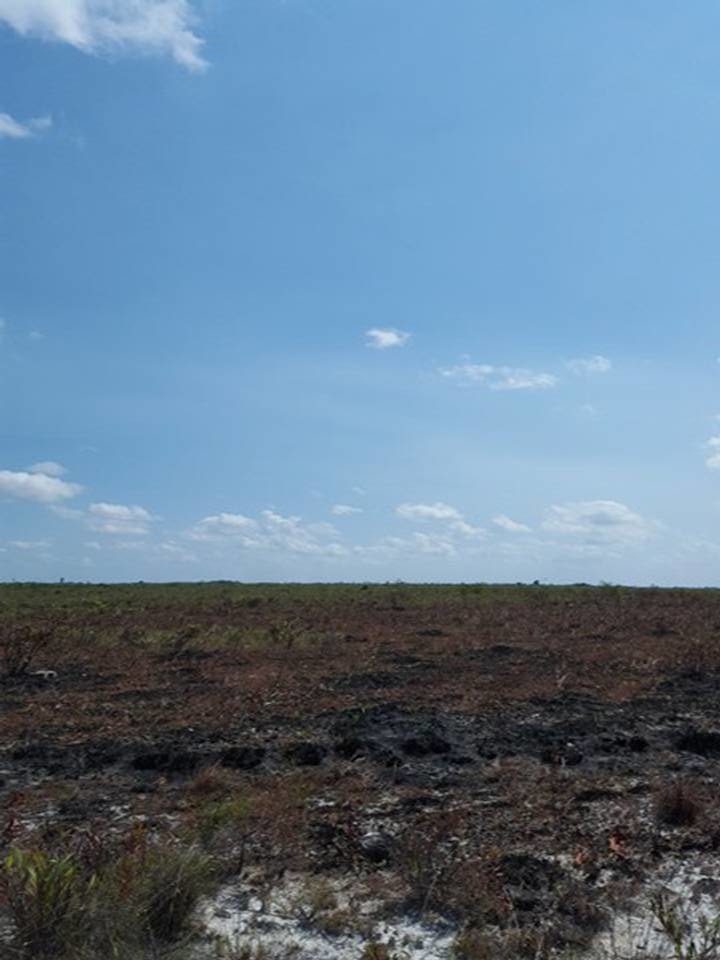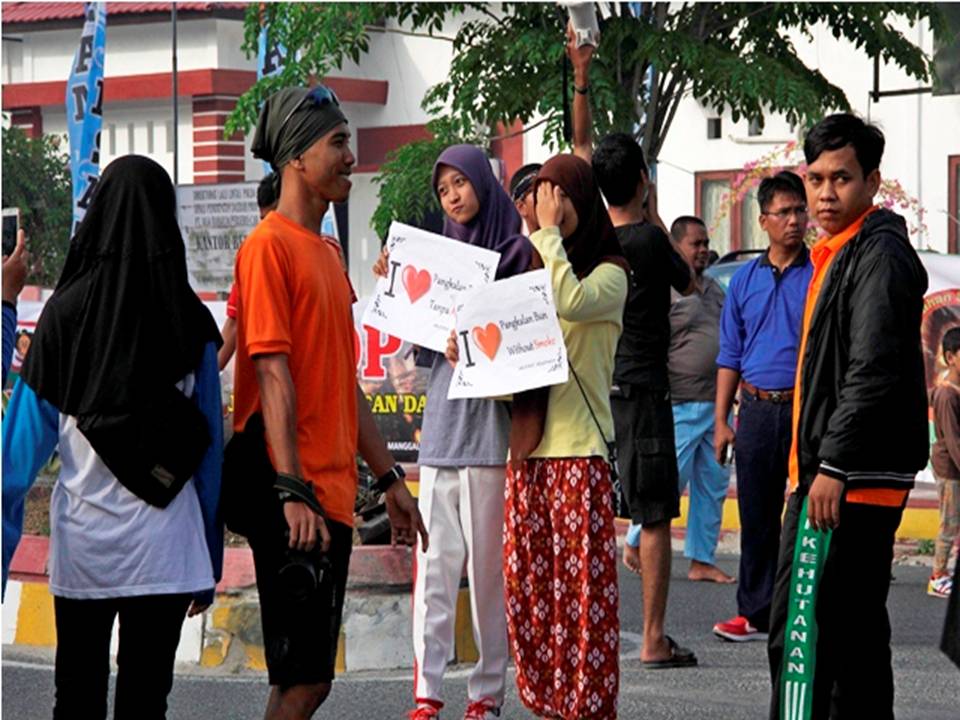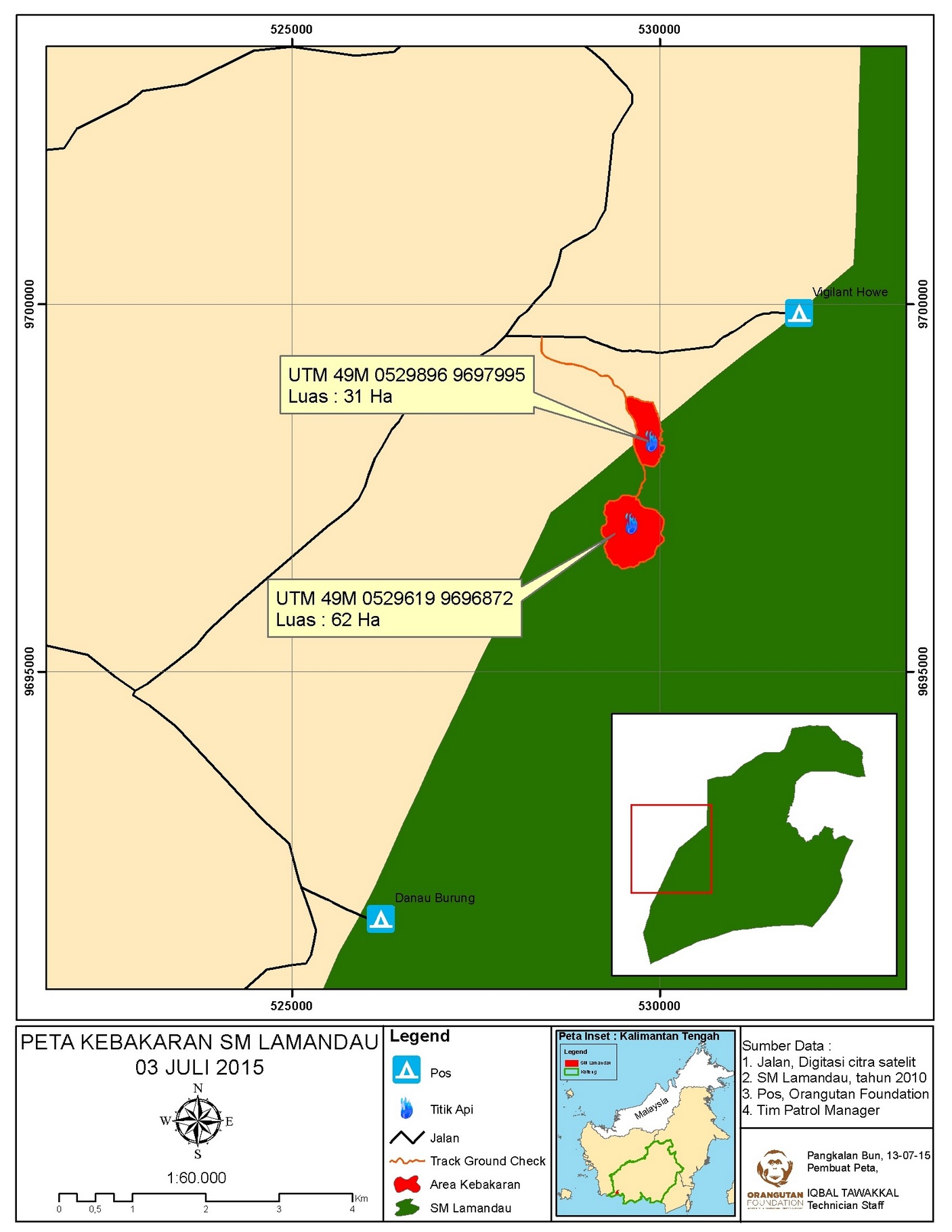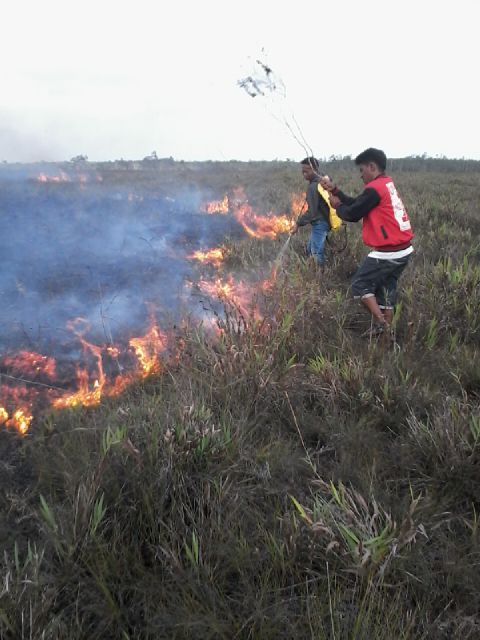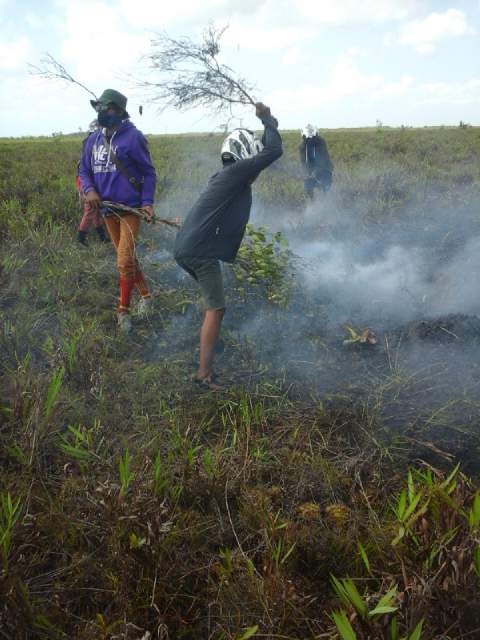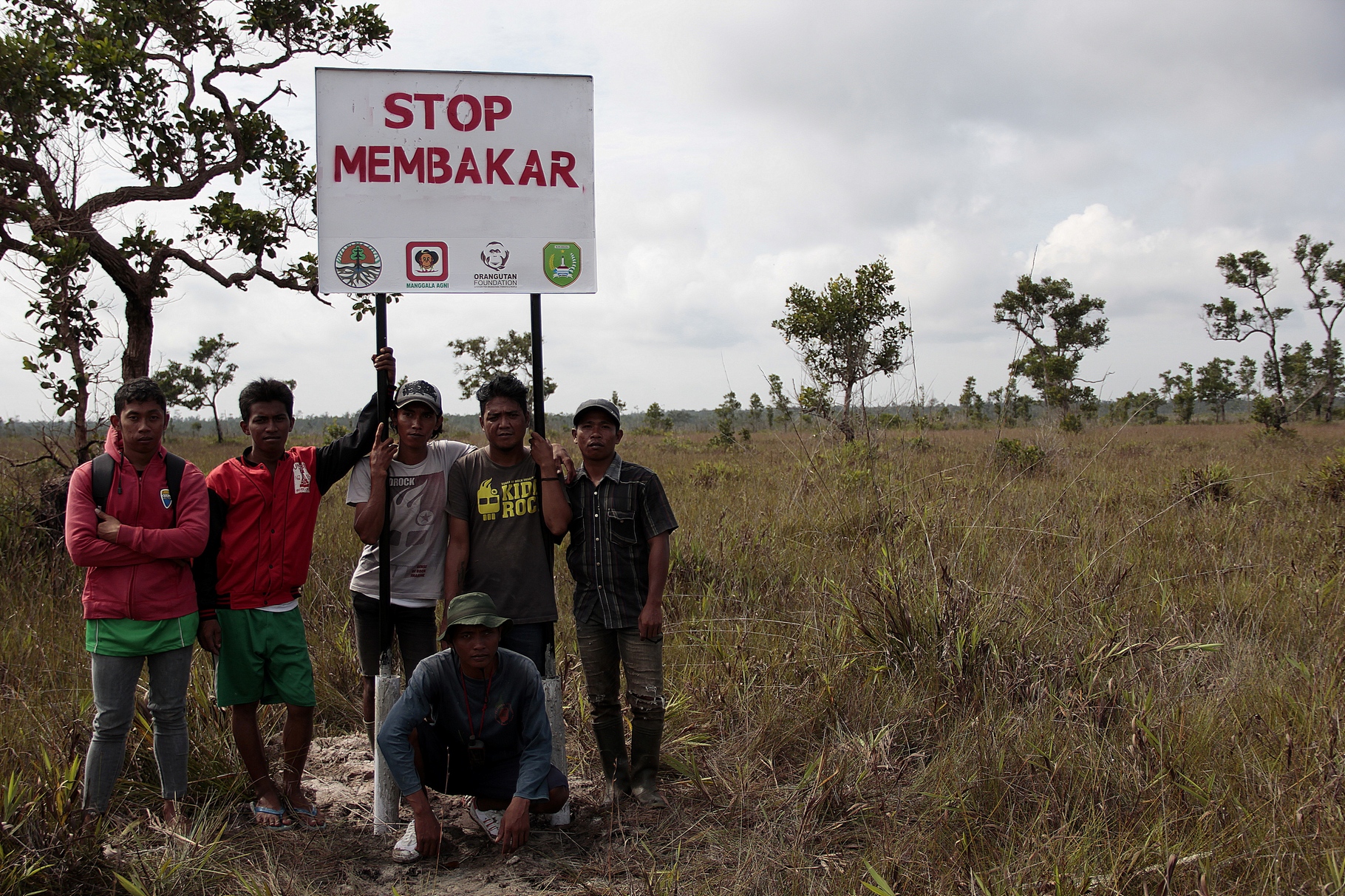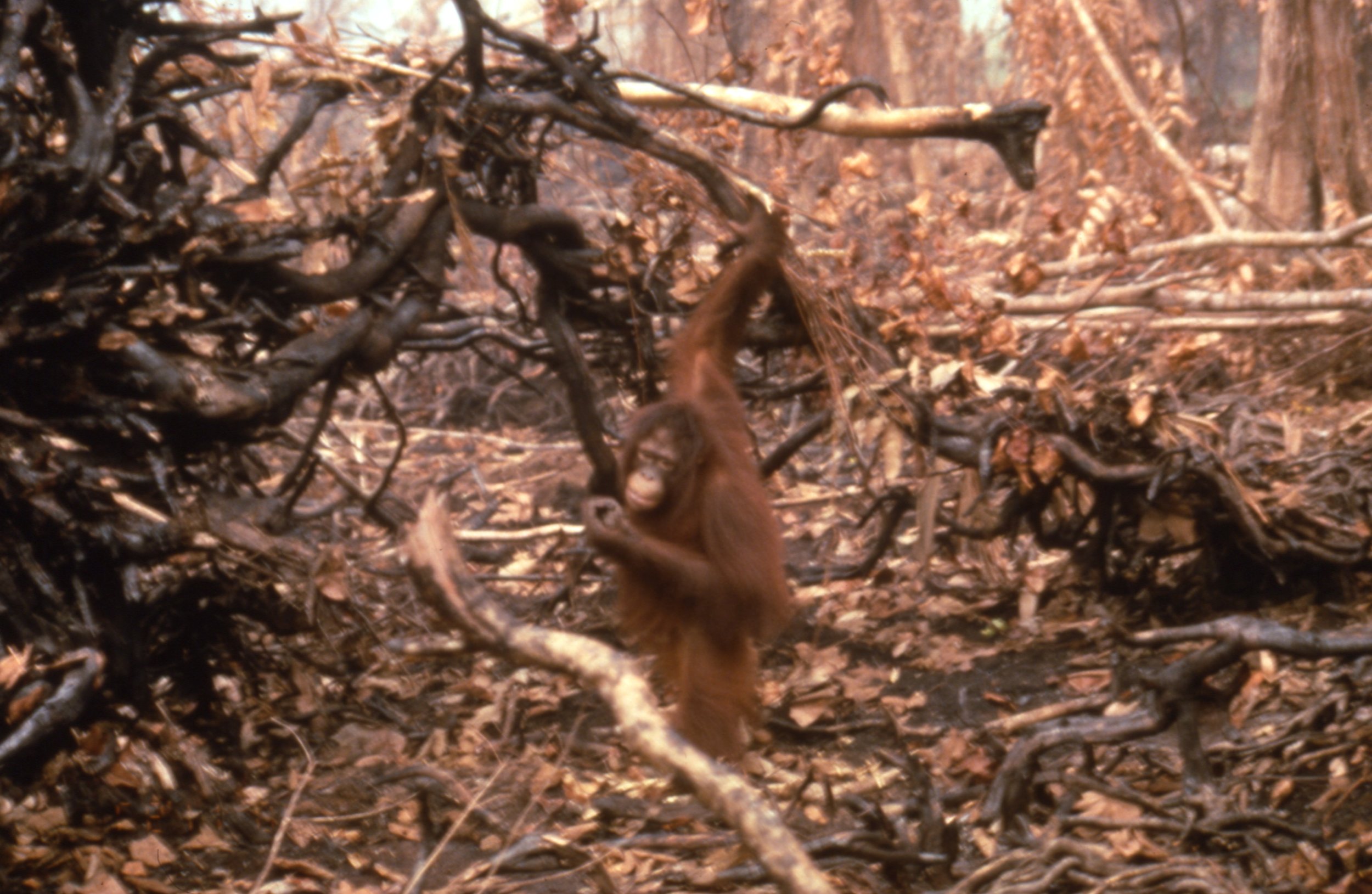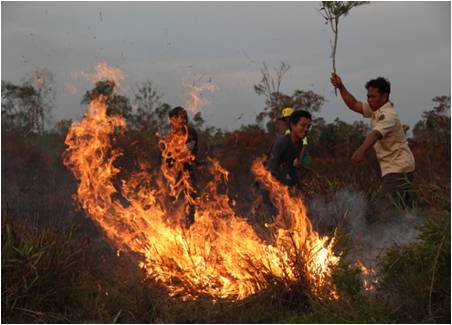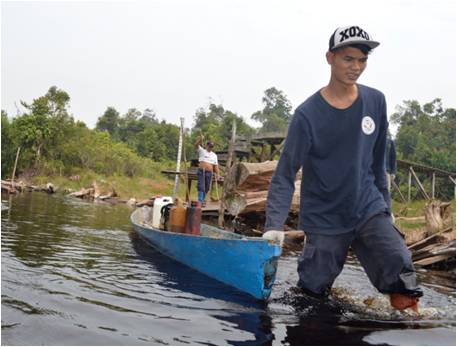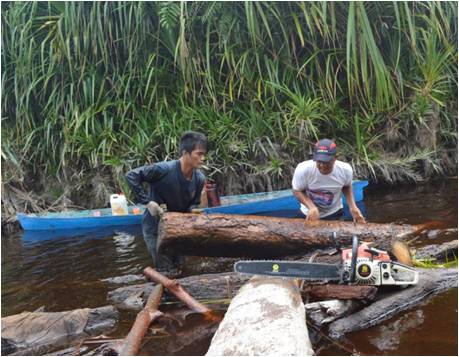Please sign this petition to the Indonesian President to halt the destuction of the Tripa Swamps, home to a few hundred critically endangered orangutans.
Press release from “Coalition to save the Tripa peat swamps”
Increase in fires burning in Tripa highlight Indonesian Government failing to cease deforestation; orangutan population doomed unless illegal activities halted immediately.

Tripa aerial flyover June 27 2012, 2pm
Another massive wave of fires currently sweeping across the Tripa peat swamp forests has highlighted the accelerating destruction and ongoing disregard of Indonesian National Law by palm oil companies inside the protected Leuser Ecosystem, despite a high level National Investigation launched months ago, which is yet to report on findings.
A recent spike in the number of fires was recorded by satellites monitoring fire hotspot activity in Sumatra, and confirmed by field staff yesterday who filmed and photographed numerous fires burning in the palm oil concessions operating right across in Tripa.
The five companies at present actively operating in Tripa have responded to the increased media scrutiny and current investigation by increasing security on their plantations. Some are even being guarded by military and police personnel stationed along access routes while illegally lit fires burn inside.
“The ongoing destructive activities of these companies during the investigation indicates their complete disregard for Indonesian law and the authority of the ongoing investigation, and the government is allowing this to happen.” Stated Kamaruddin, lawyer for the Tripa community.
“A direct Presidential Instruction is urgently required to bring an immediate halt to the rampant and illegal destruction of Tripa, not a speech telling the world deforestation is a thing of the past.” Kamaruddin added.
“There is no doubt that each of these companies is breaking several laws. Whilst we realize, and very much appreciate and support the investigation going on (by the Department of Environment), it’s proving to be too little too late. These companies simply have to be ordered to stop immediately, and that order to be strictly enforced, otherwise the Peat Forests and inhabitants of Tripa will be lost forever”, he added.
One of the five companies operating in Tripa, PT. Kallista Alam, was challenged in court and its concession area recently reinstated as off limits to deforestation and degradation in the 2nd revision of Moratorium Map on May 25th, 2012. This particular concession has been the subject of an ongoing legal battle as it clearly contravenes National Spatial Law No 26/2007 and Government Regulation 26/2008, since it was granted inside the Leuser Ecosystem National Strategic Area for environmental protection, in which no concessions can be granted that damage the environmental protection function of the ecosystem, and in which all activities that do damage the ecosystem must be halted, and damaged areas restored.
Fires continued to rage late yesterday in the northern stretches of the PT Kallista Alam concession. Likewise, numerous obviously deliberately set fires were also observed in the concessions of PT. Surya Panen Subur 2, PT. Cemerlang Abadi, PT. Gelora Sawita Makmur , PT. Dua Perkasa Lestari and an area known as the PT Patriot Guna Sakti Abadi concession, even though the latter was never formally granted.
“The situation is indeed extremely dire” reports Dr Ian Singleton of the Sumatran Orangutan Conservation Programme. “Every time I have visited Tripa in the last 12 months I have found several orangutans, hanging on for their very survival, right at the forest edge. Its very easy to find them and we have already evacuated a few lucky ones to safer areas. But when you see the scale and speed of the current wave of destruction and the condition of the remaining forests, there can be no doubt whatsoever that many have already died in Tripa due to the fires themselves, or due to starvation as a result of the loss of their habitat and food resources”, he explained.
The Tripa peat swamp forests have received considerable international attention, much of it focusing on the fact that the burning of Tripa’s peat swamp forests made a mockery of a 1 billion USD agreement between the Governments of Indonesia and Norway to reduce carbon emissions from deforestation and forest degradation, also known as the REDD deal, since the peat alone in Tripa sequesters huge amount of carbon that is being released into the atmosphere even now .
Tripa was also high on the agenda at the first meeting between the newly inaugurated Governor of Aceh and the European Union, just a few days ago. Furthermore, on June 13th at a global policy address on the future of Indonesia's forests, ahead of Rio+20 summit, at CIFOR, President SBY himself proclaimed that “deforestation is a thing of the past” and "Losing our tropical rain forests would constitute the ultimate national, global and planetary disaster. That's why Indonesia has reversed course by committing to sustainable forestry."
Yet the ongoing destruction witnessed by the coalition team in recent days is a clear indication that these are simply empty words, and that Indonesia is giving no reasons for its international commitments to be taken as anything more than mere rhetoric.
Dr Singleton also pointed out, “There is still a decent orangutan population in Tripa, however hard and fast it is being extinguished, and there are also large tracts of land that have been cleared of forests but never used. If these companies were immediately instructed to stop all their destructive operations while the legal investigation process continues, and then removed, ideally with prosecutions and appropriate punishment, Tripa, its orangutan population, and many of the contributions it once made to local community livelihoods could still be restored.”
“But without an immediate halt it will all be lost, to the ultimate benefit of only a handful of already incredibly rich people based elsewhere. This whole thing makes absolutely no sense at all, not environmentally nor even economically. It is simply greed, on a massive scale. A simply staggering scale in fact.” Stressed Dr. Ian Singleton.
Notes for Editors:
Further Hi-res photos available on www.endoftheicons.wordpress.com
Please find map below with satellite monitored fires from the period 17/06/12 - 26/06/12 new data will become available over the coming days

For Further Press inquiries, Please Contact:
Kamaruddin (Bahasa Indonesian Only)
Tripa Community Lawyer
08116700118
Dr Ian Singleton
Sumatran Orangutan Conservation Programme
Email: mokko123@gmail.com
Mobile: +62811650491
Also, for further media statement, please contact:
Saud Usman Nasution
Spokesperson for Indonesian National Police
+62 811 979 2222
PT. Kallista Alam
- Komp. Taman Setiabudi Indah II, blok V (ruko) No. 11-14, Medan 20133 Phone: 061 – 8216541
Fax: 061 – 8216532
- Jl.Cycas II Blok UU, No.55 Taman Setia Budi Indah, Medan, North Sumatera
Phone: 061-800200, 812380
Fax: 021-812380
PT. Surya Panen Subur 2
- Jl.Pulo Ayang raya,Blok OR Kav.1 Kawasan industri Pulogadung Jakarta13930
Phone: (021)4616555
Fax: (021)4616550
PT. Cemerlang Abadi
- Central Plaza, 3rd Floor, Jl.Jend.Sudirman Kav.47 Jakarta 12930
Phone: 021-5255414,5255413
Fax: 021-520748
PT. Dua Perkasa Lestari
- Rasuna Office Park ZO 10-11 Rasuna Epicentrum, Jakarta
Phone: 021-83703232, 031-5925239
Fax: 021-83704488, 031-5925387
PT. Gelora Sawita Makmur
- LENDMARK Centre,Tower A, 8th floor,Jl. Jend sudirman No.1 Jakarta 12910
Phone: (021)5712790, 5712853
Fax: (021)5712716



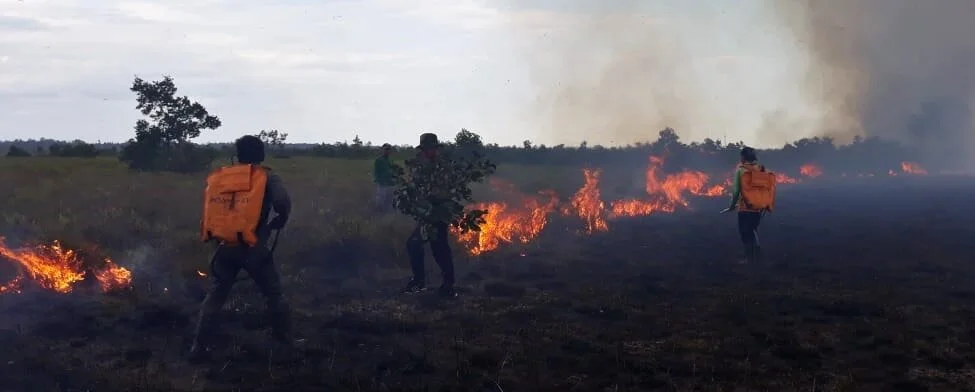




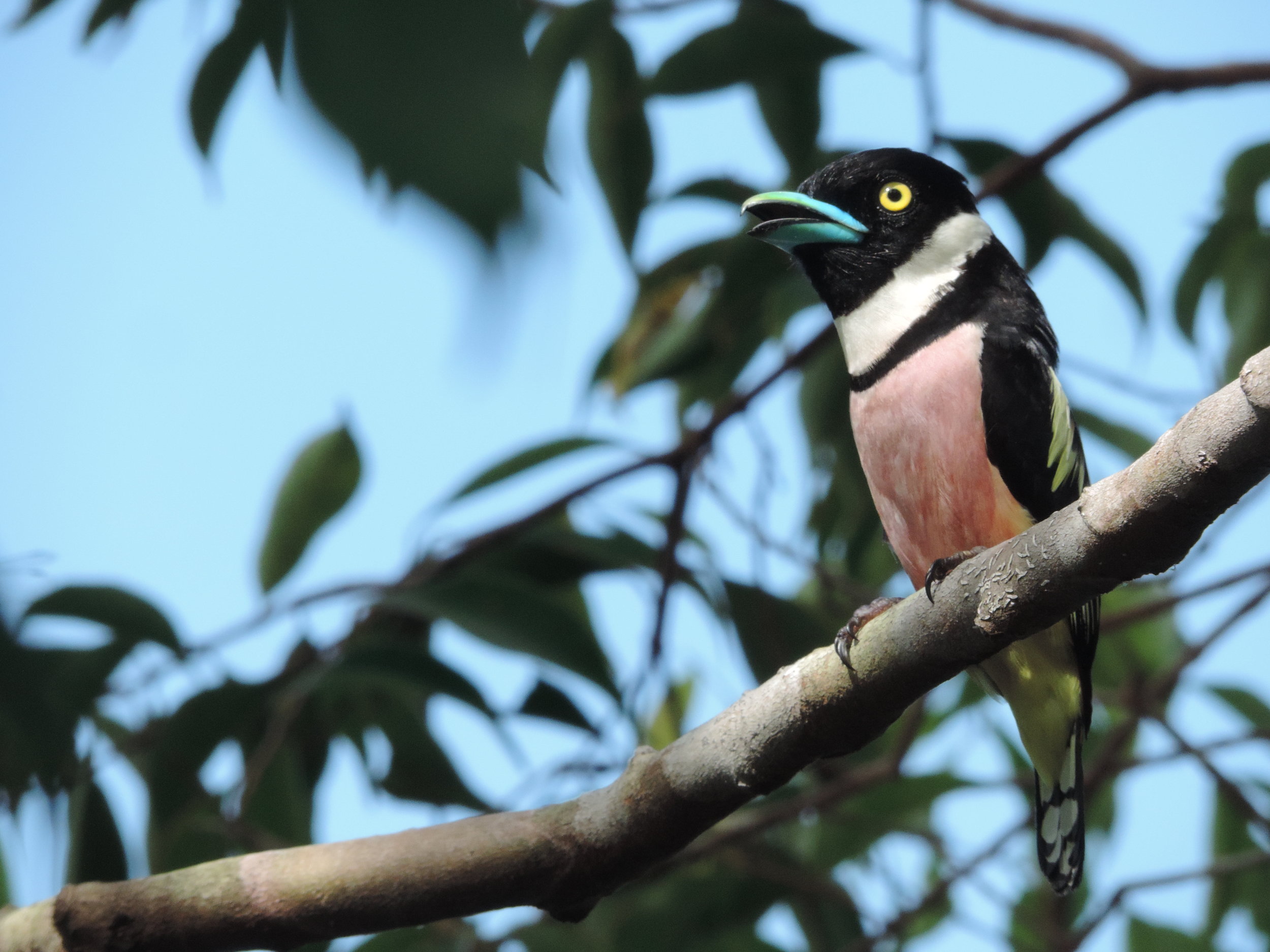
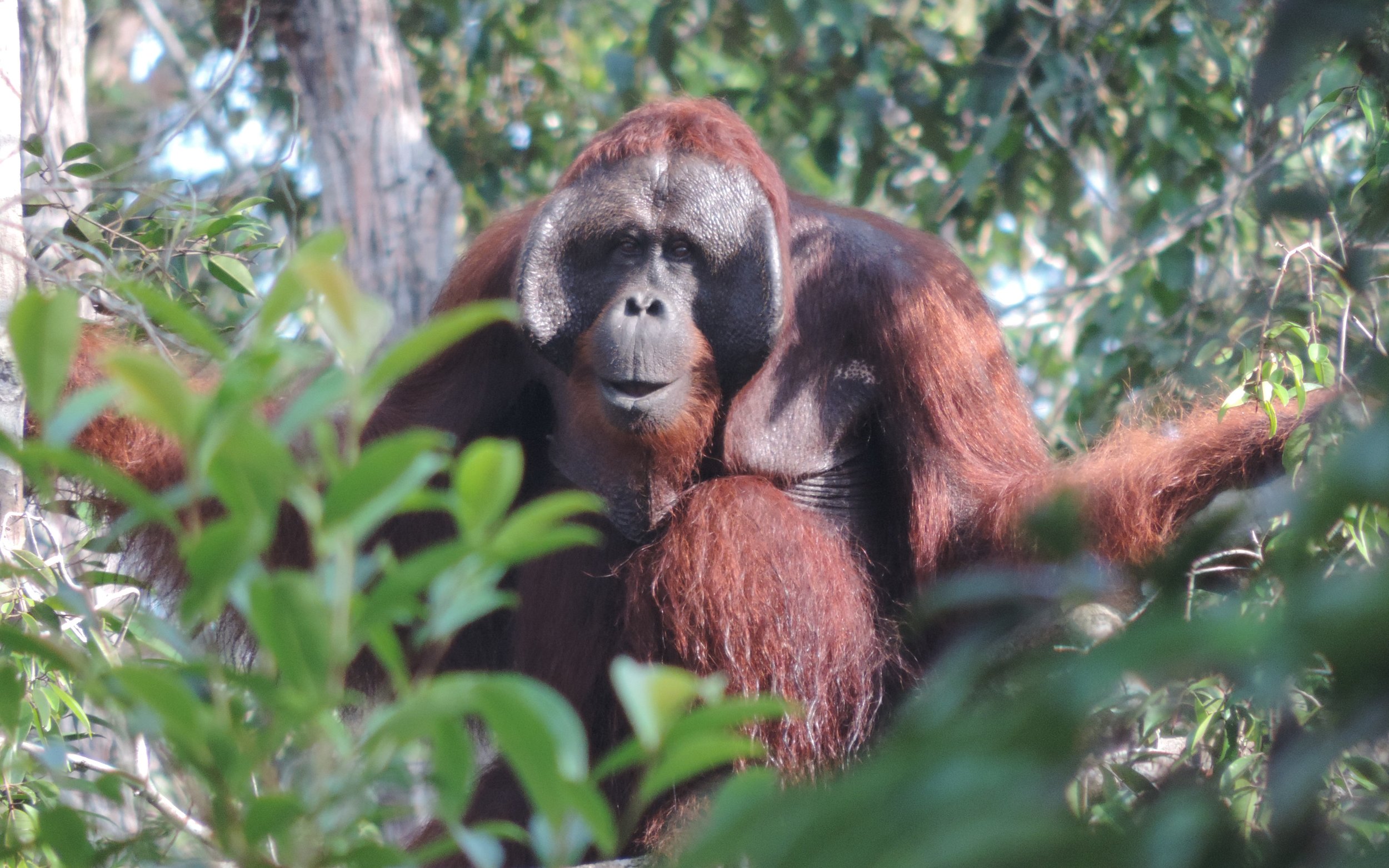
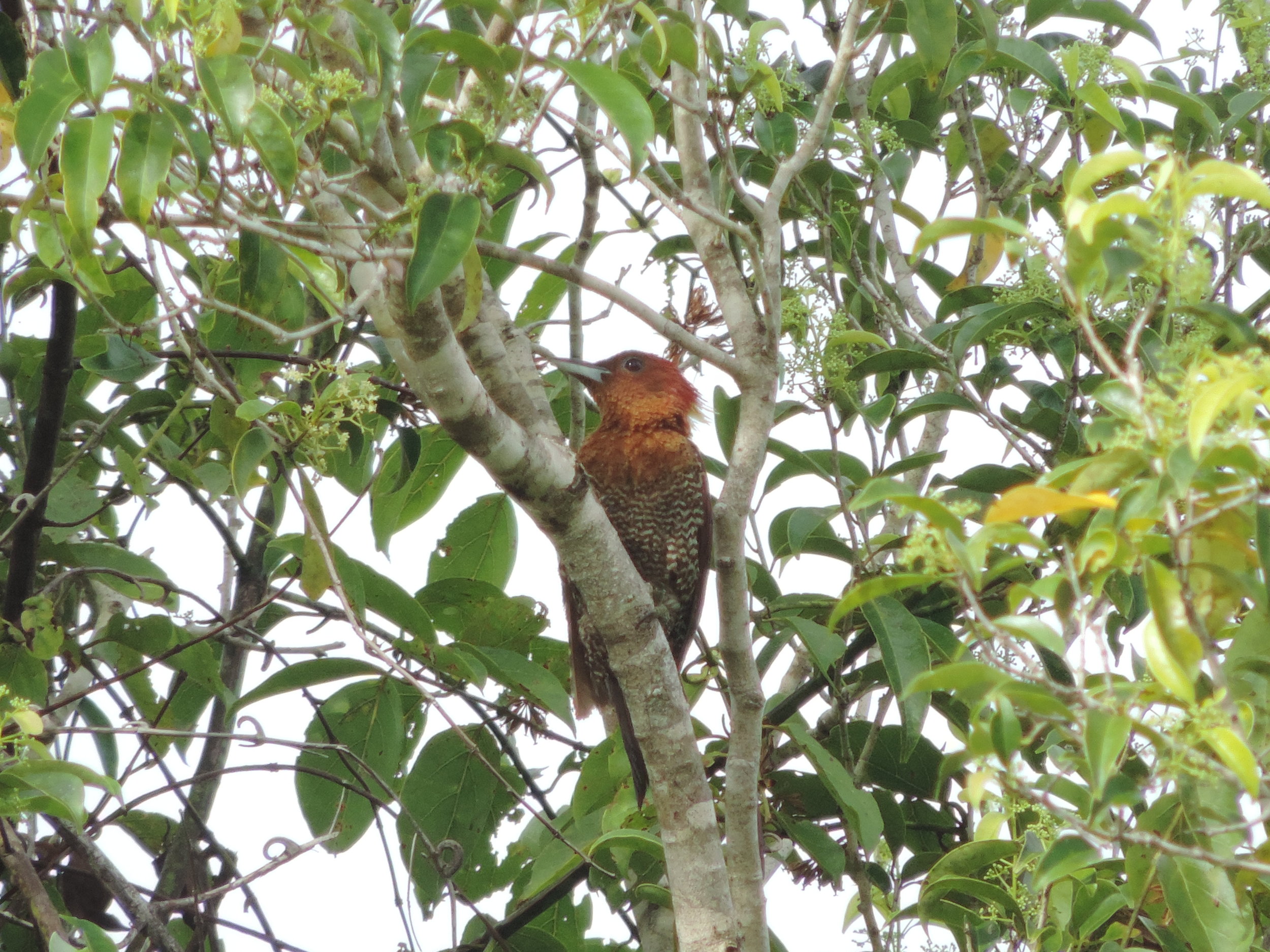
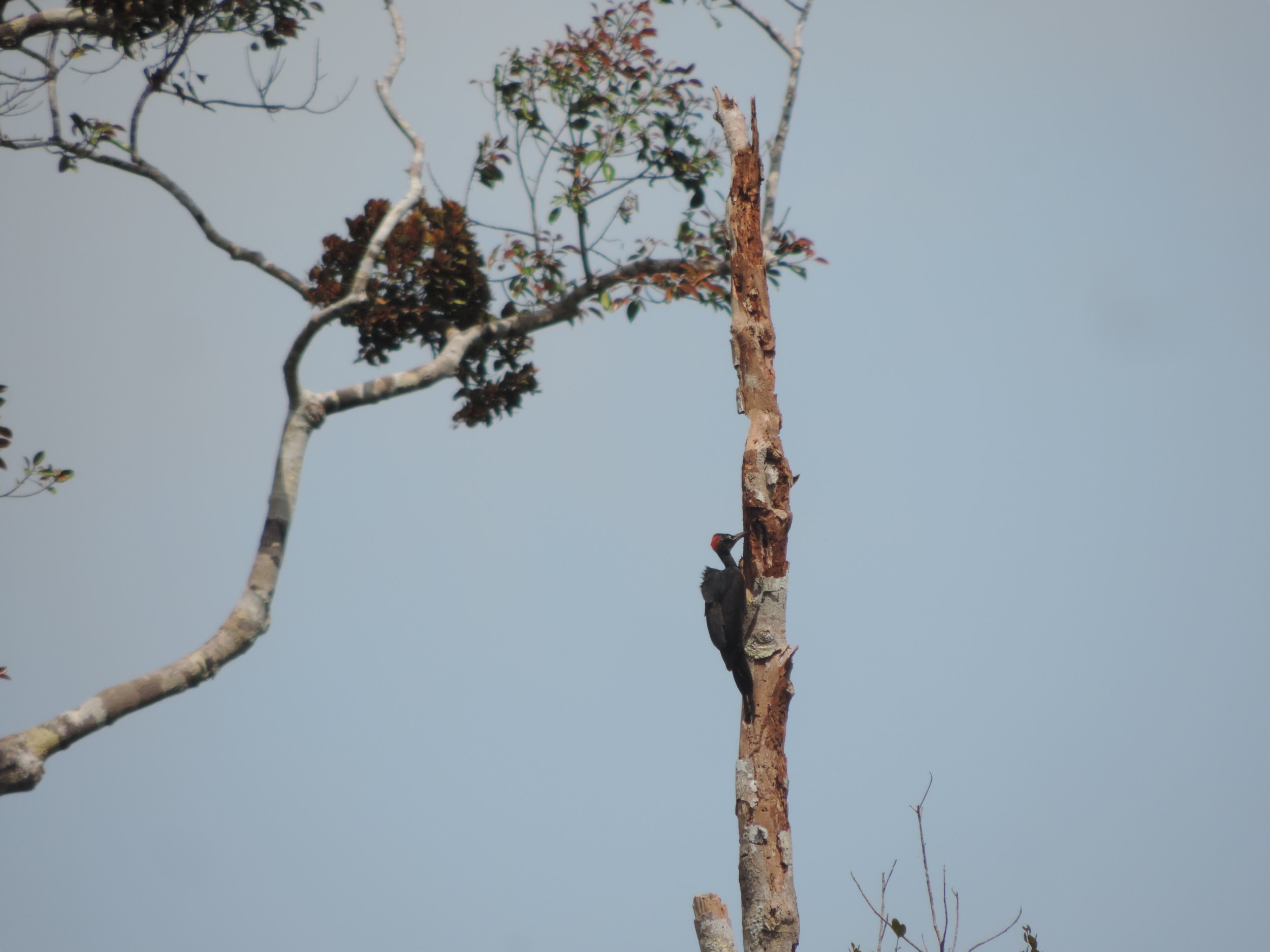




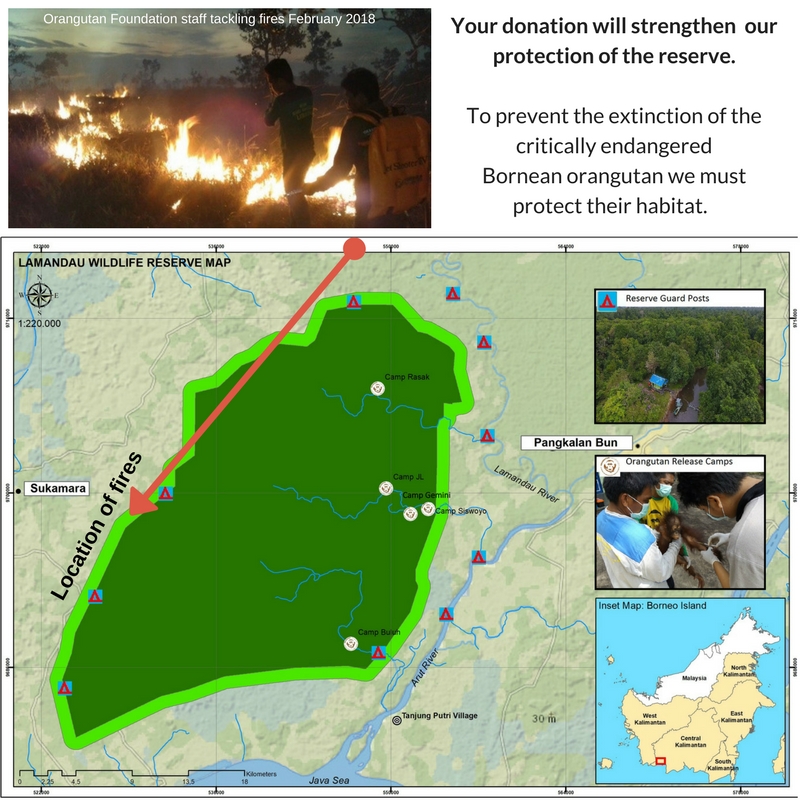
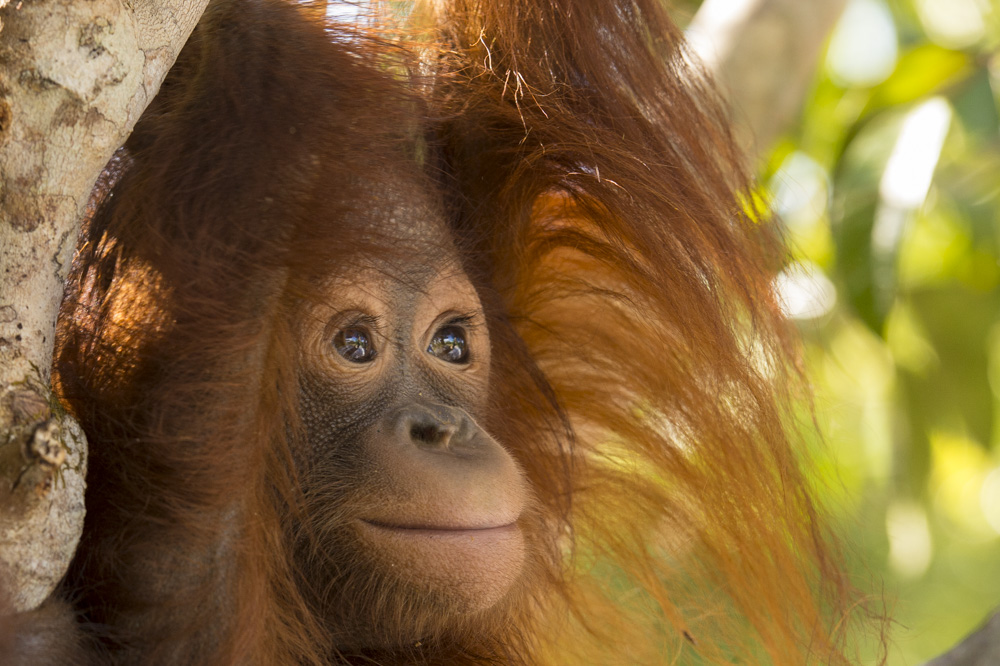
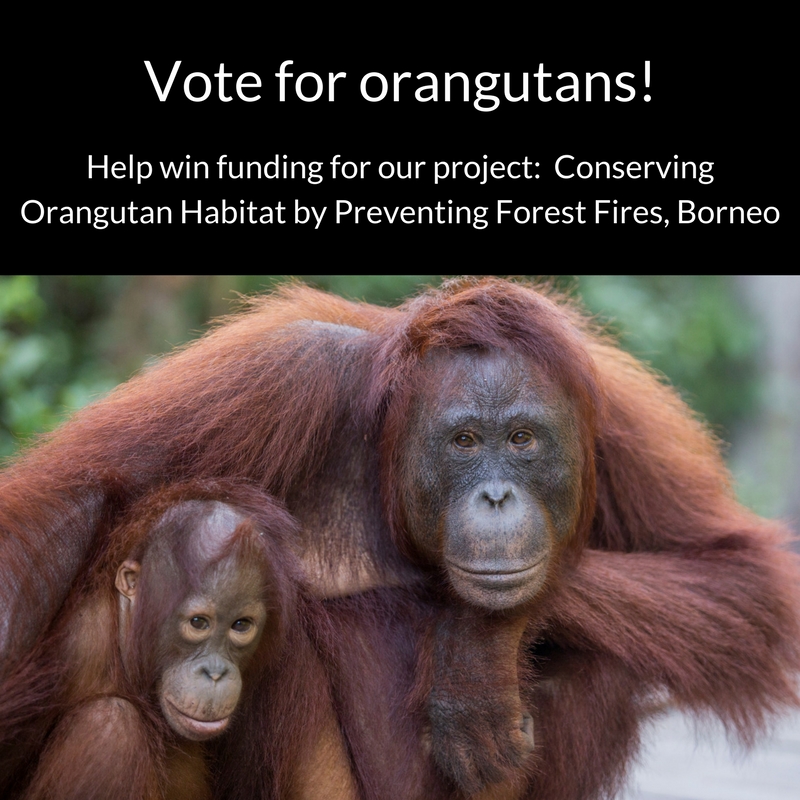 Vote for Orangutan Foundation -
Vote for Orangutan Foundation - 